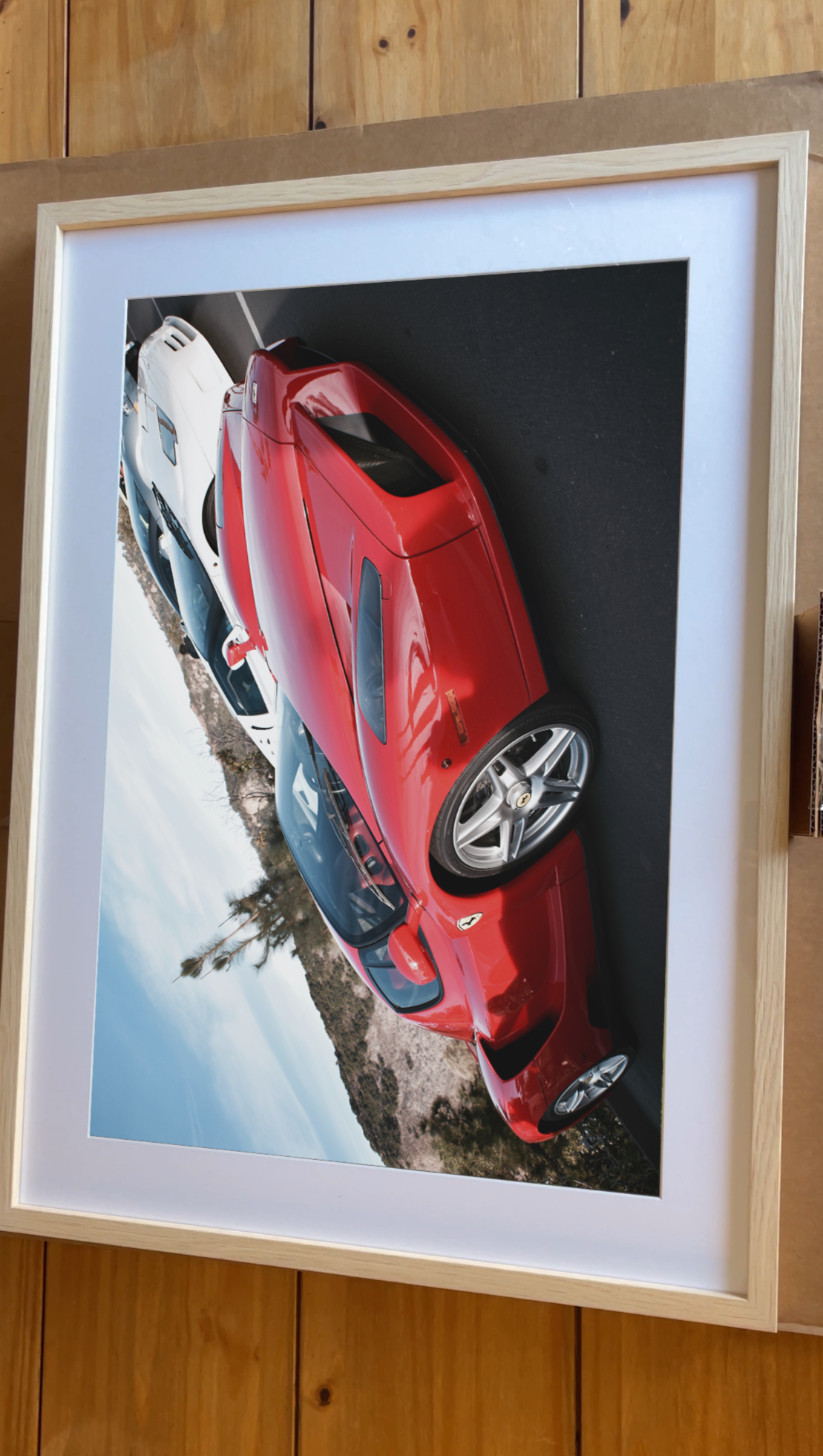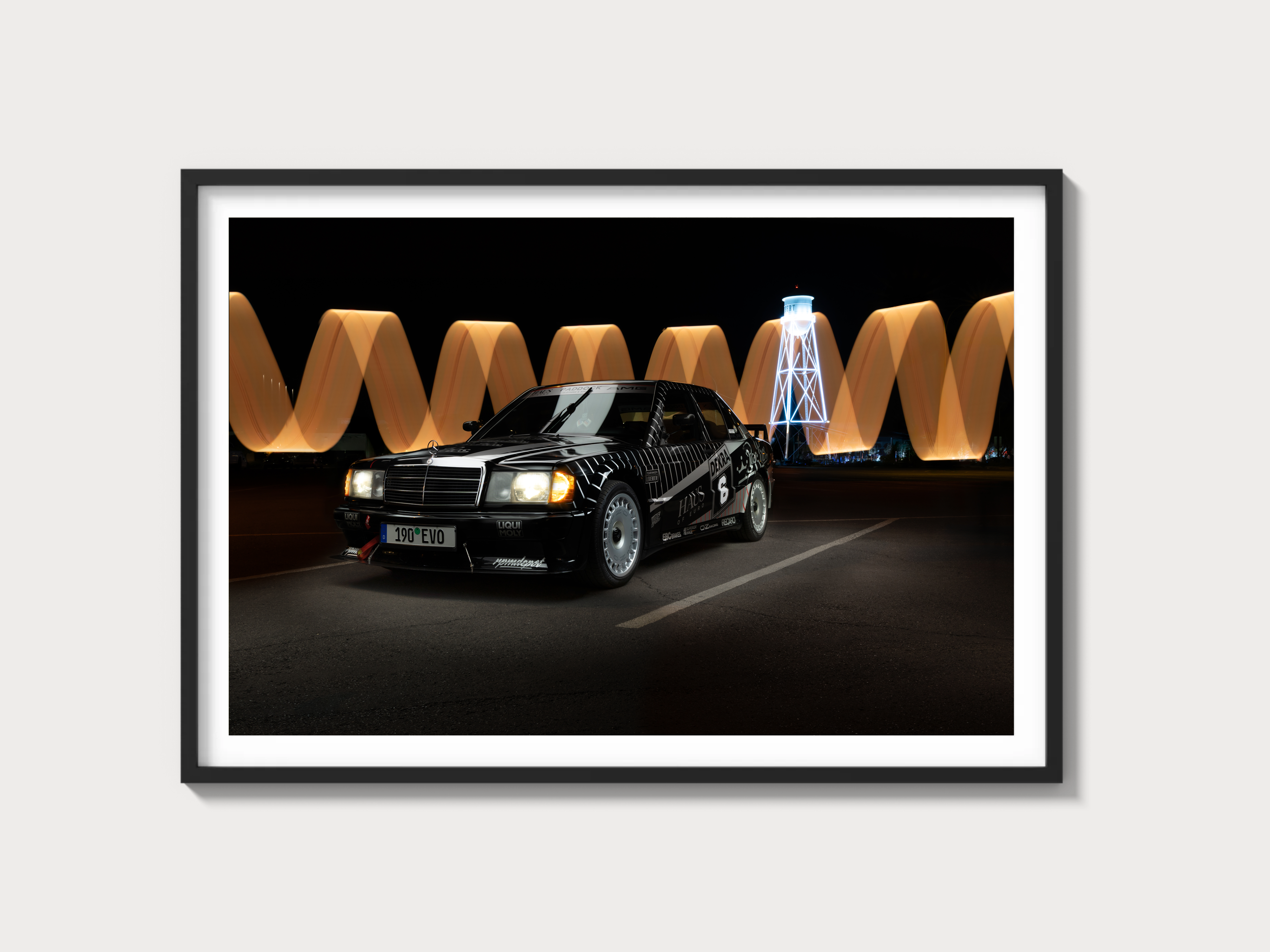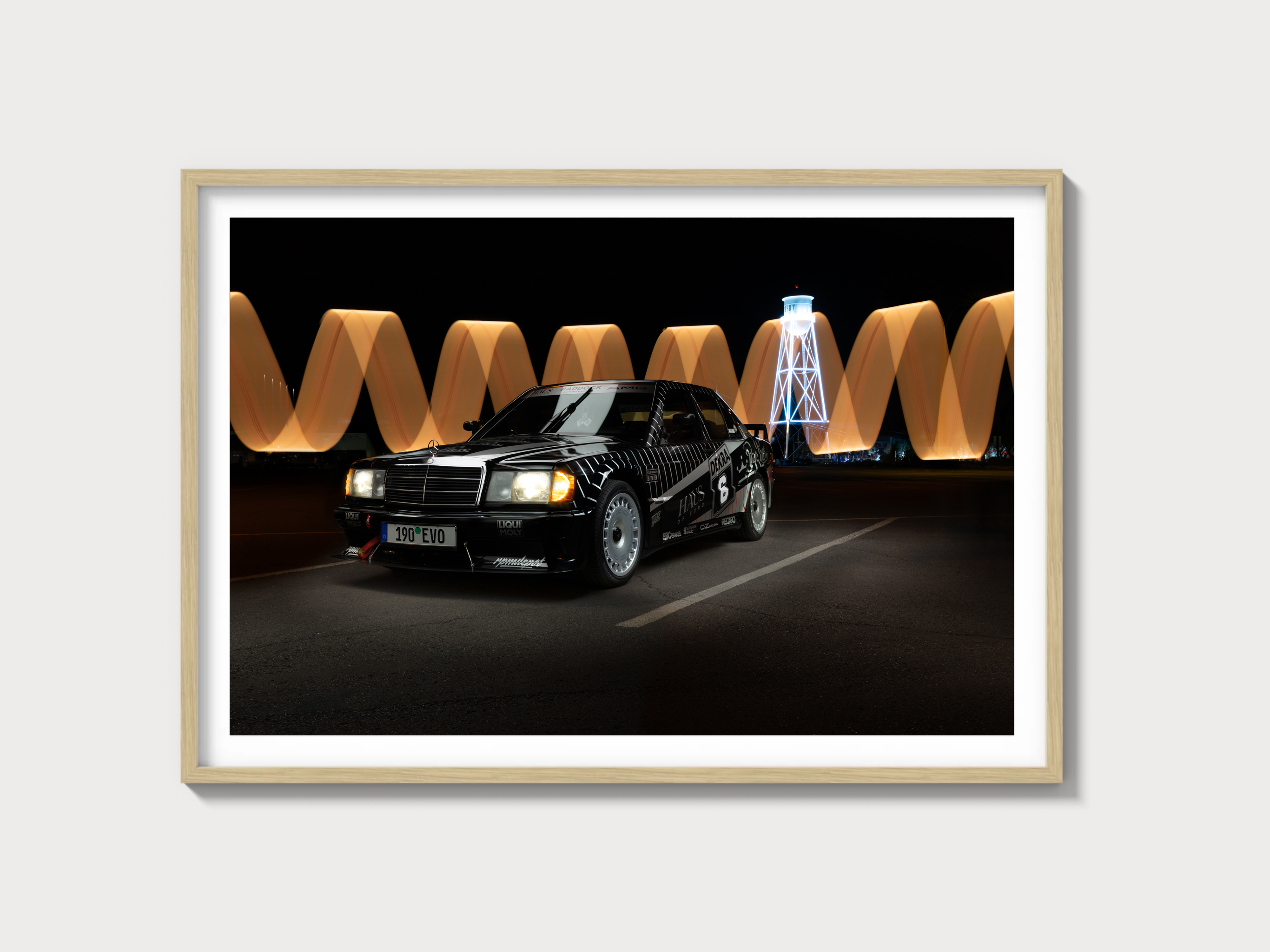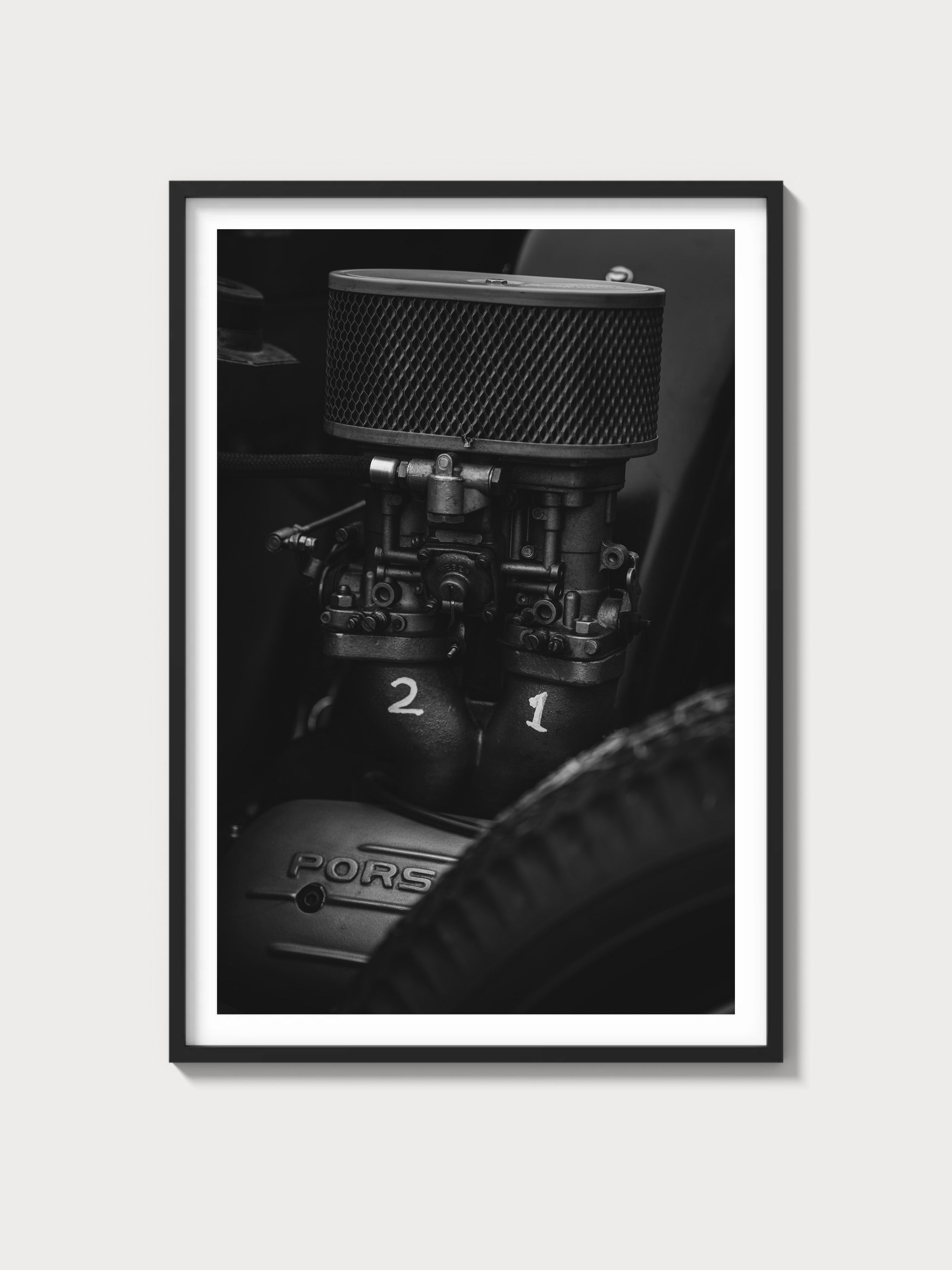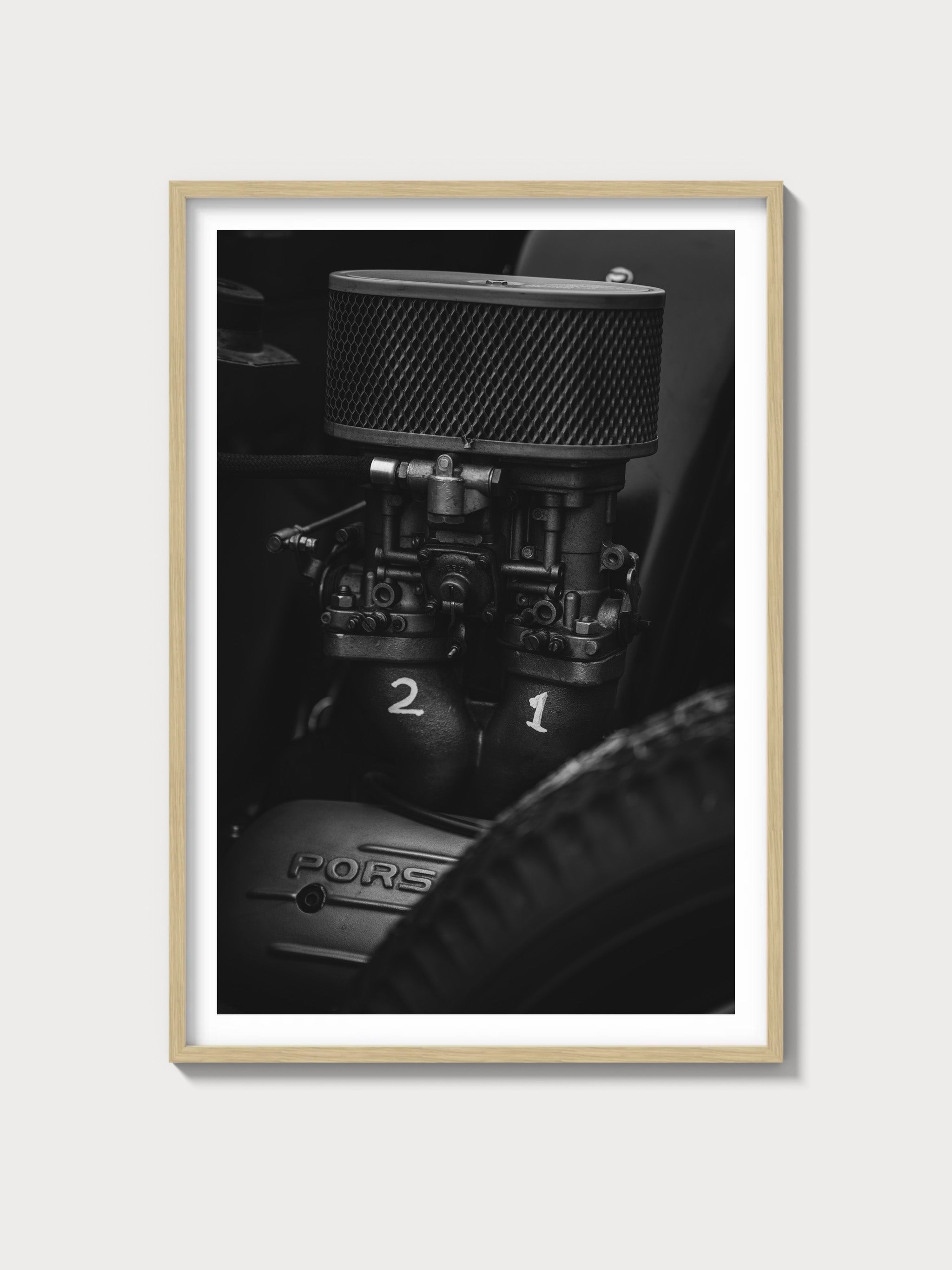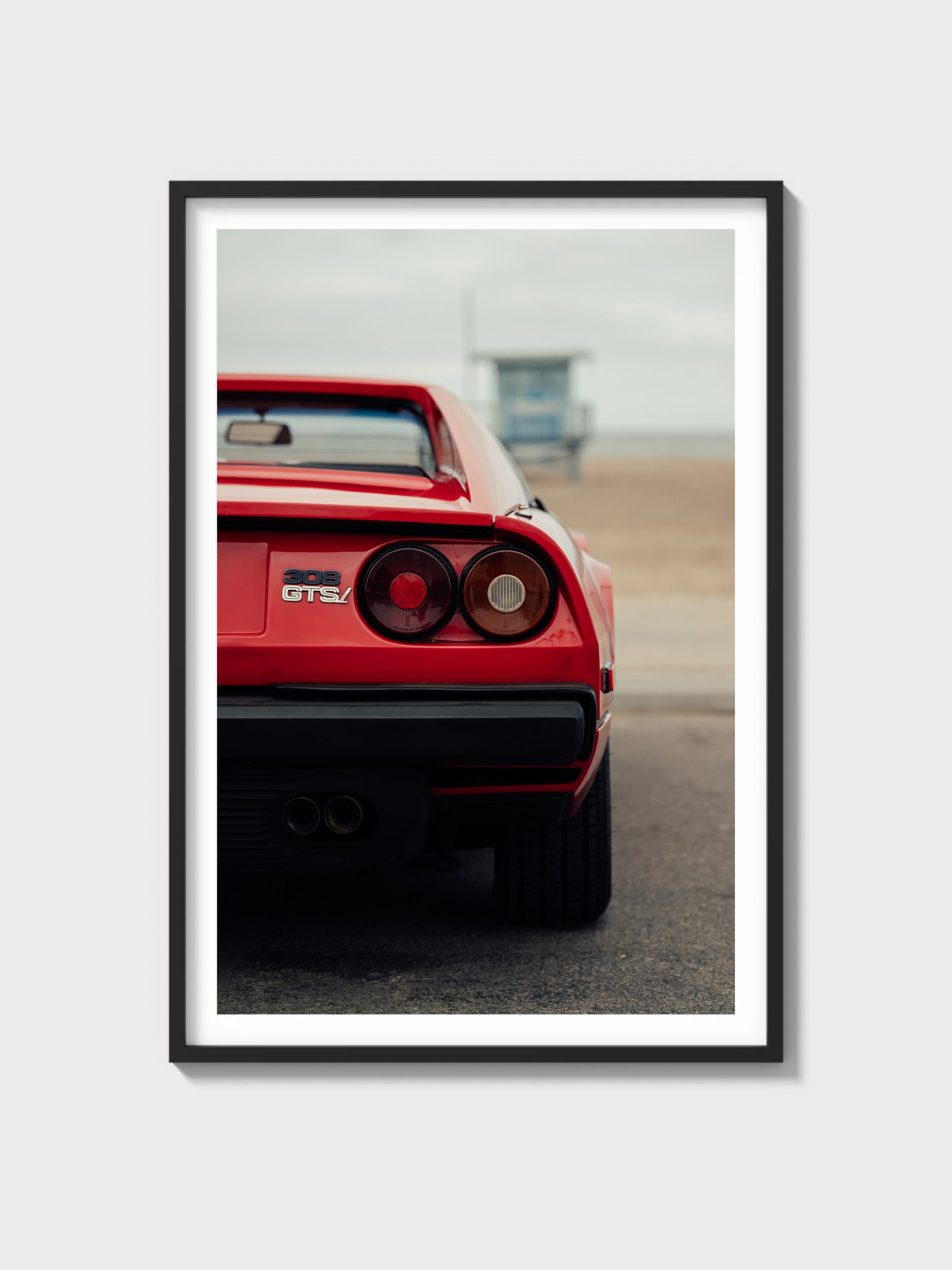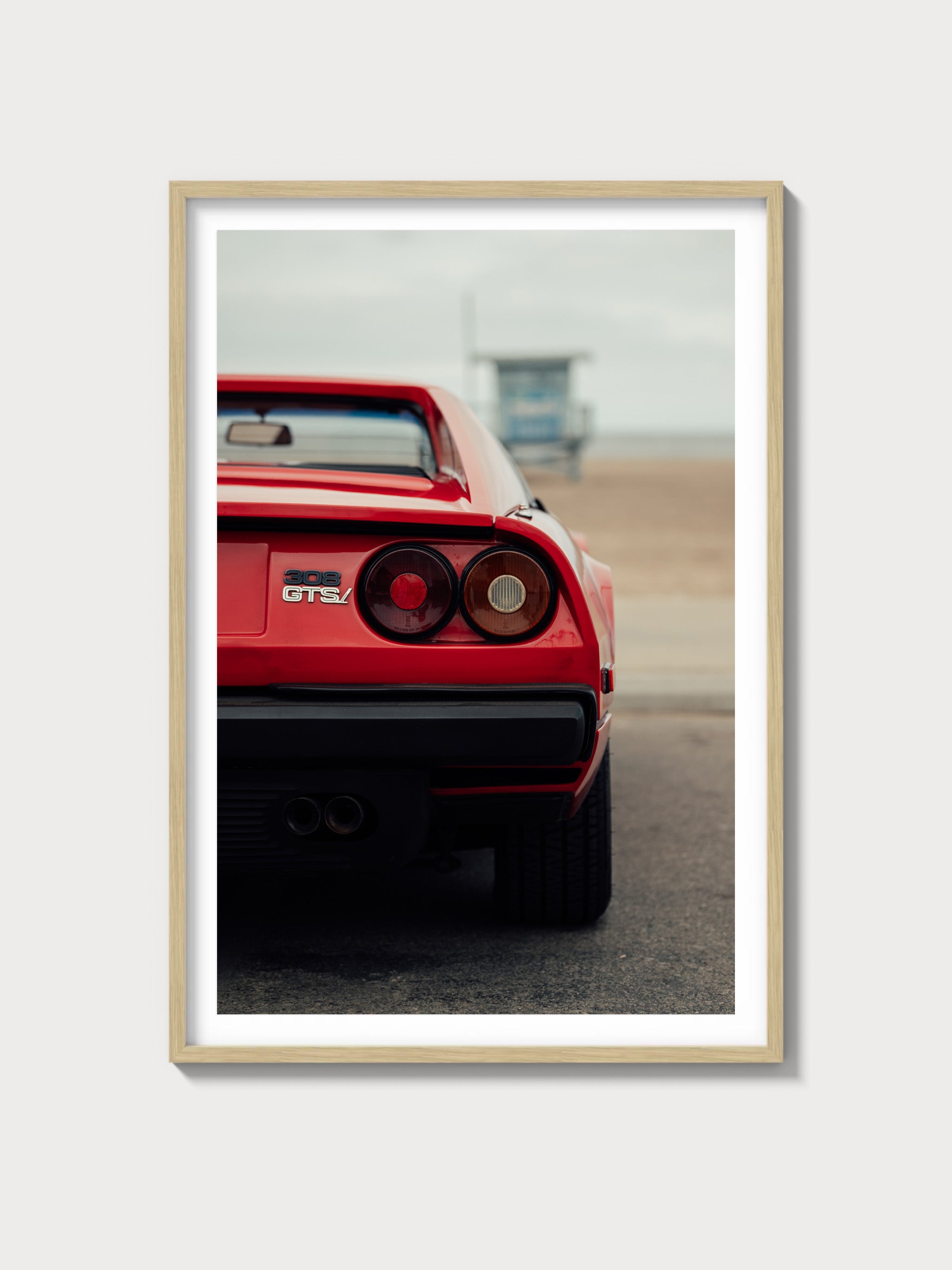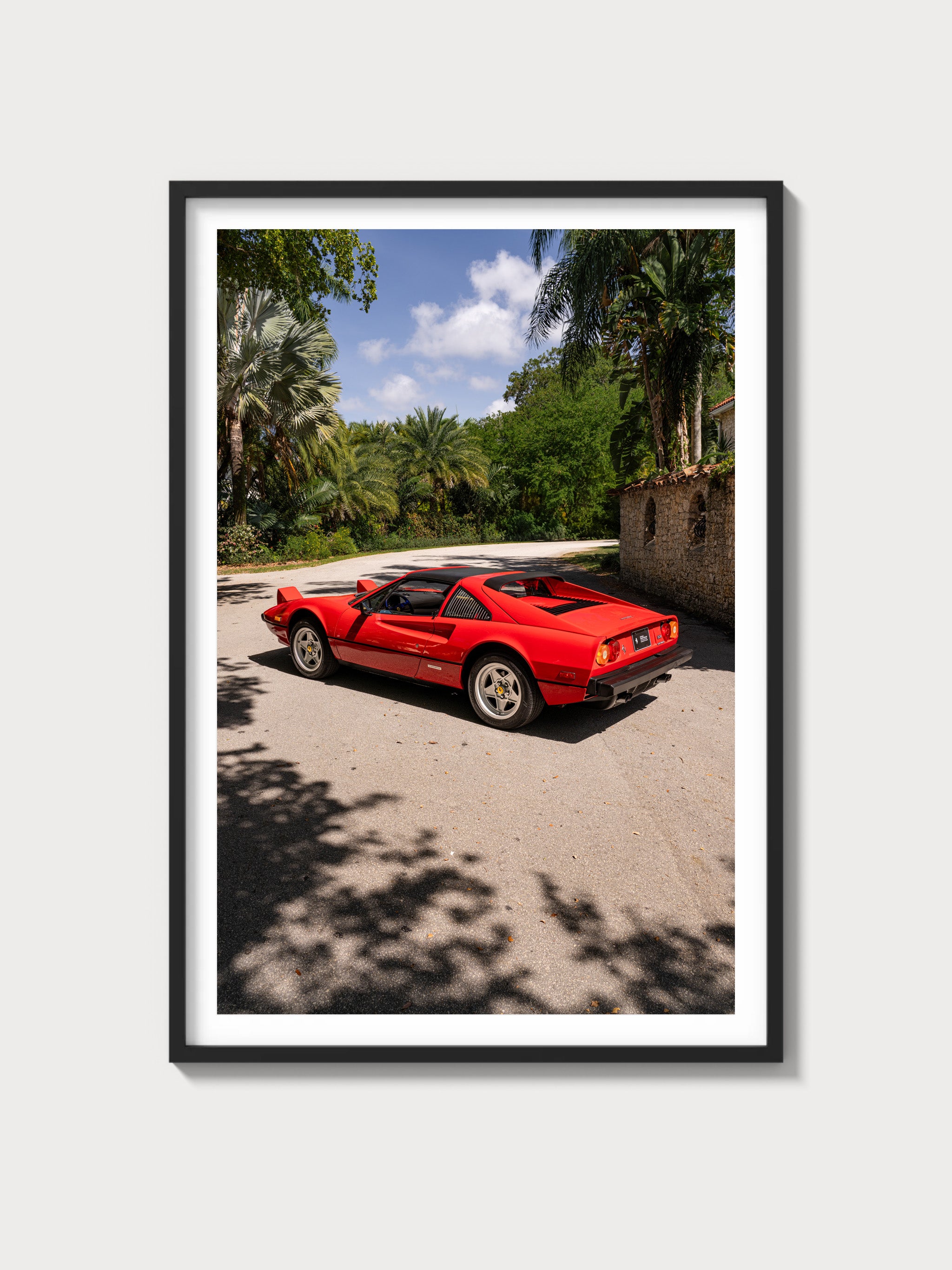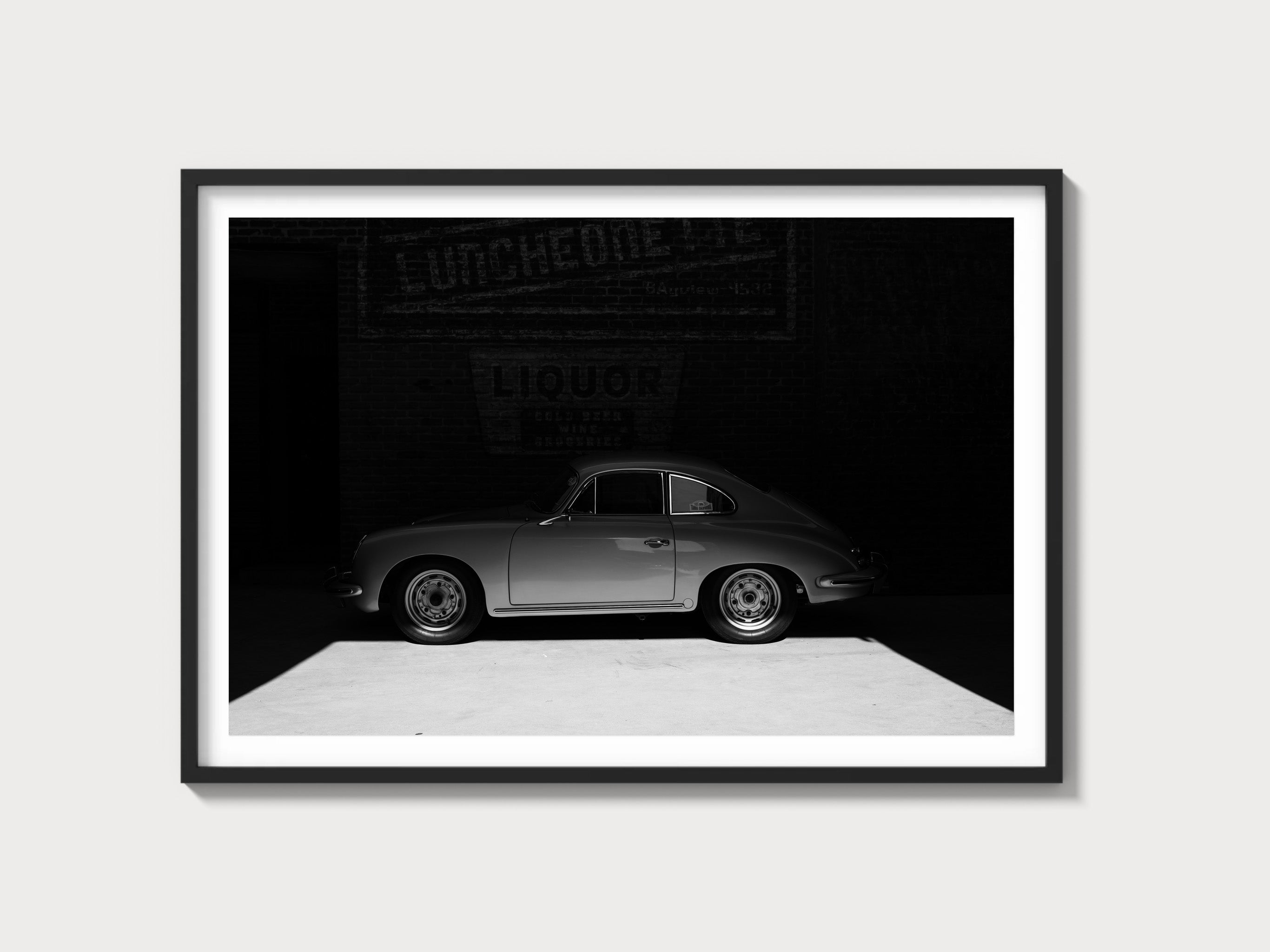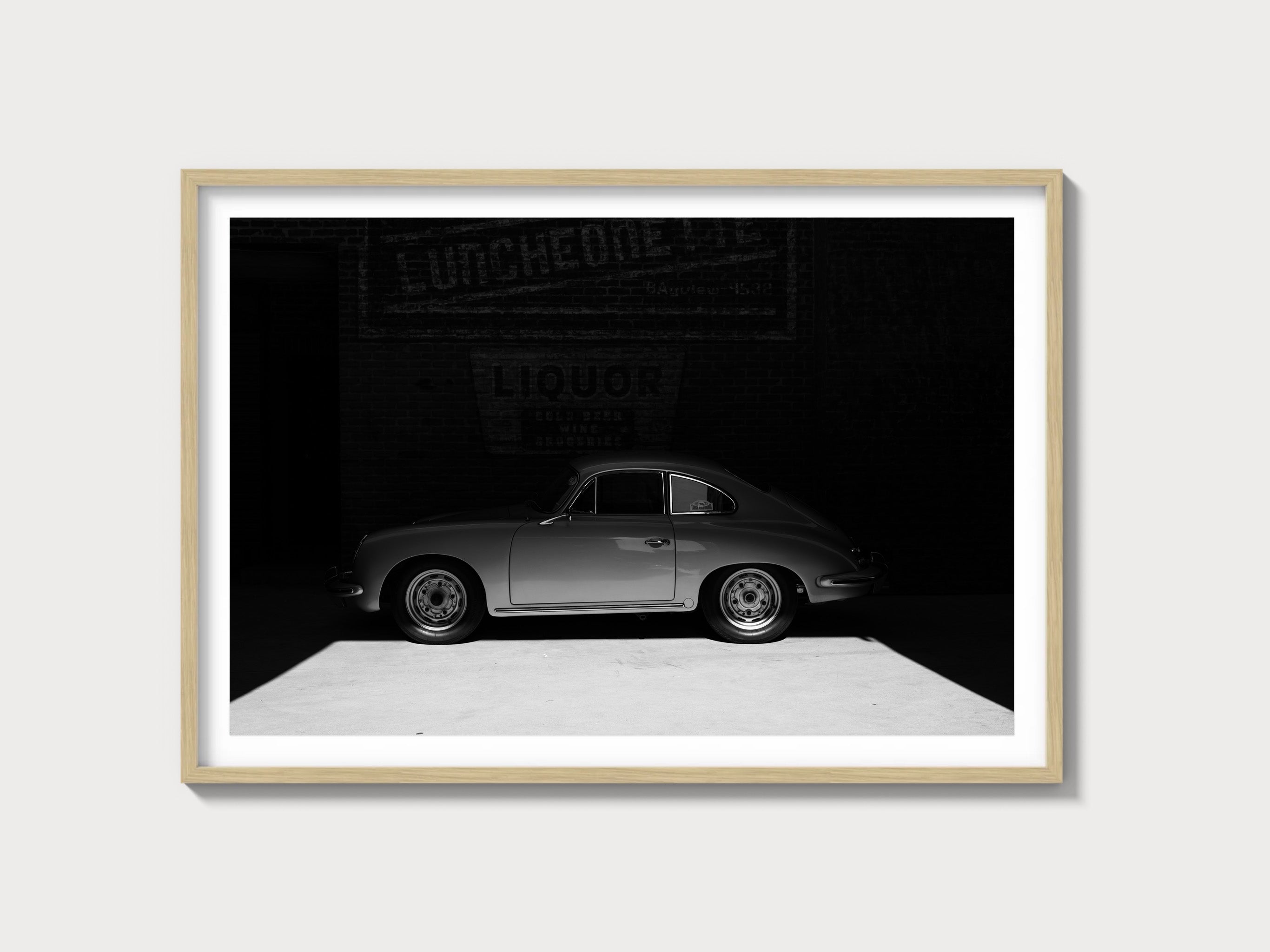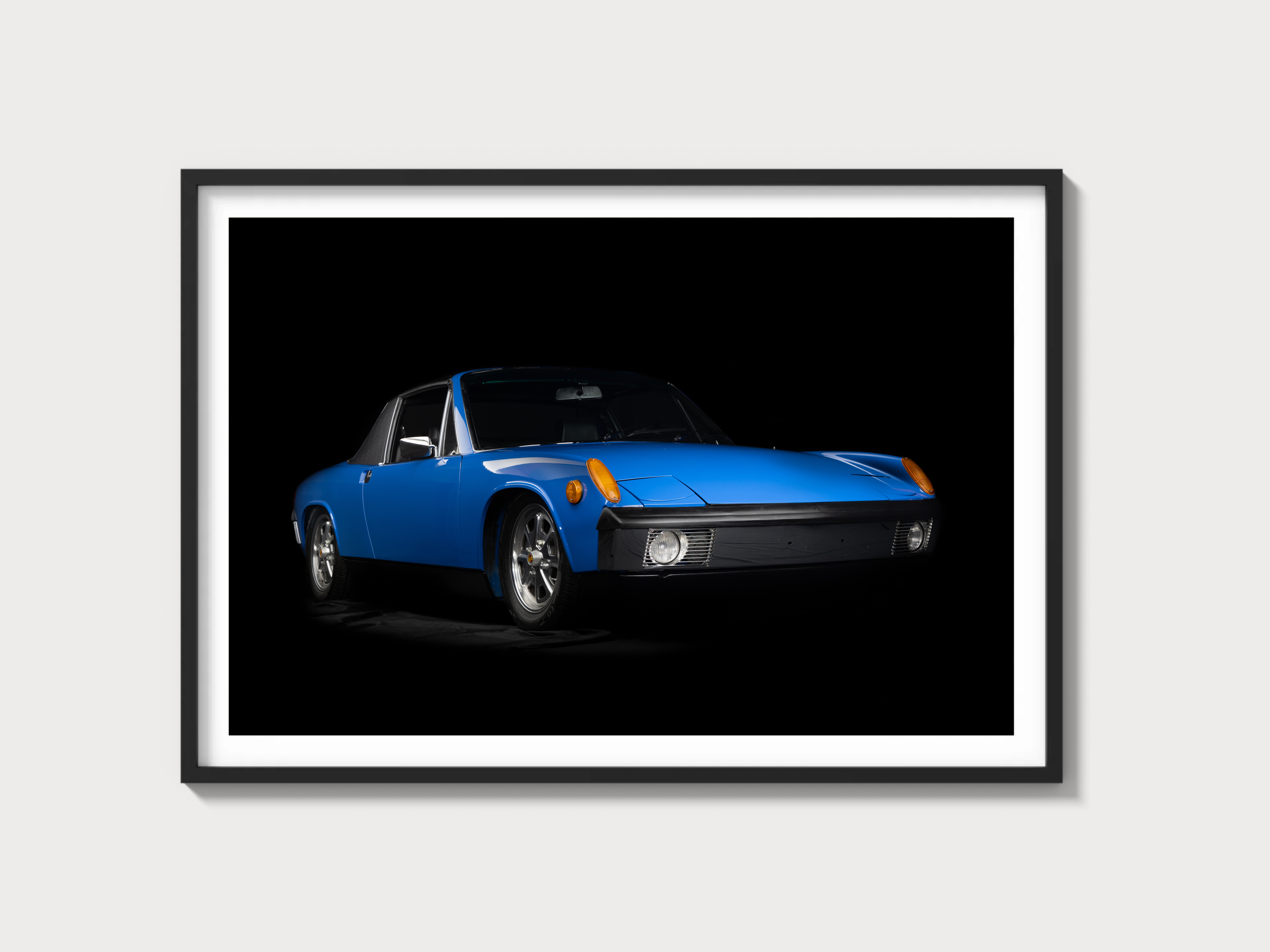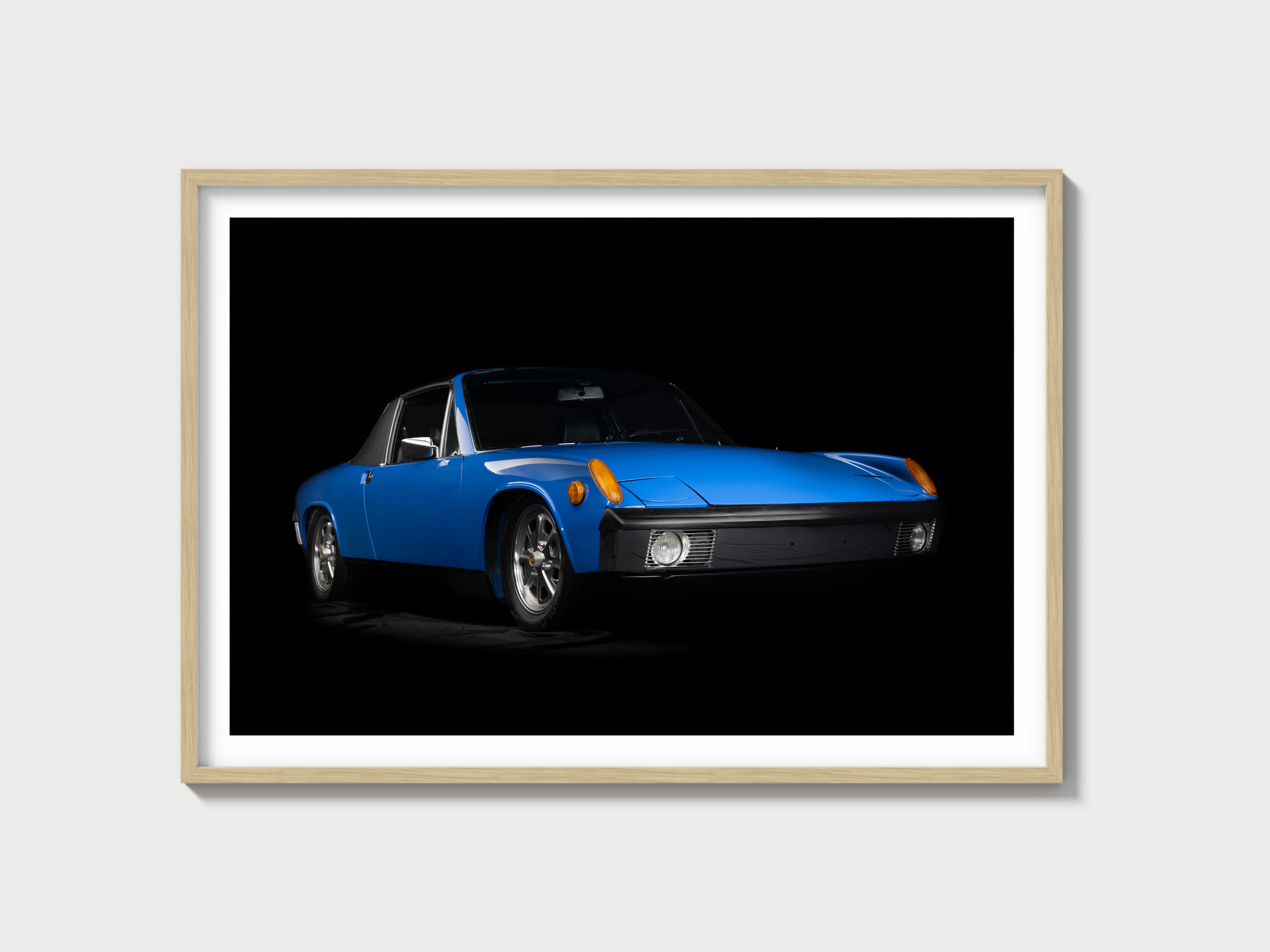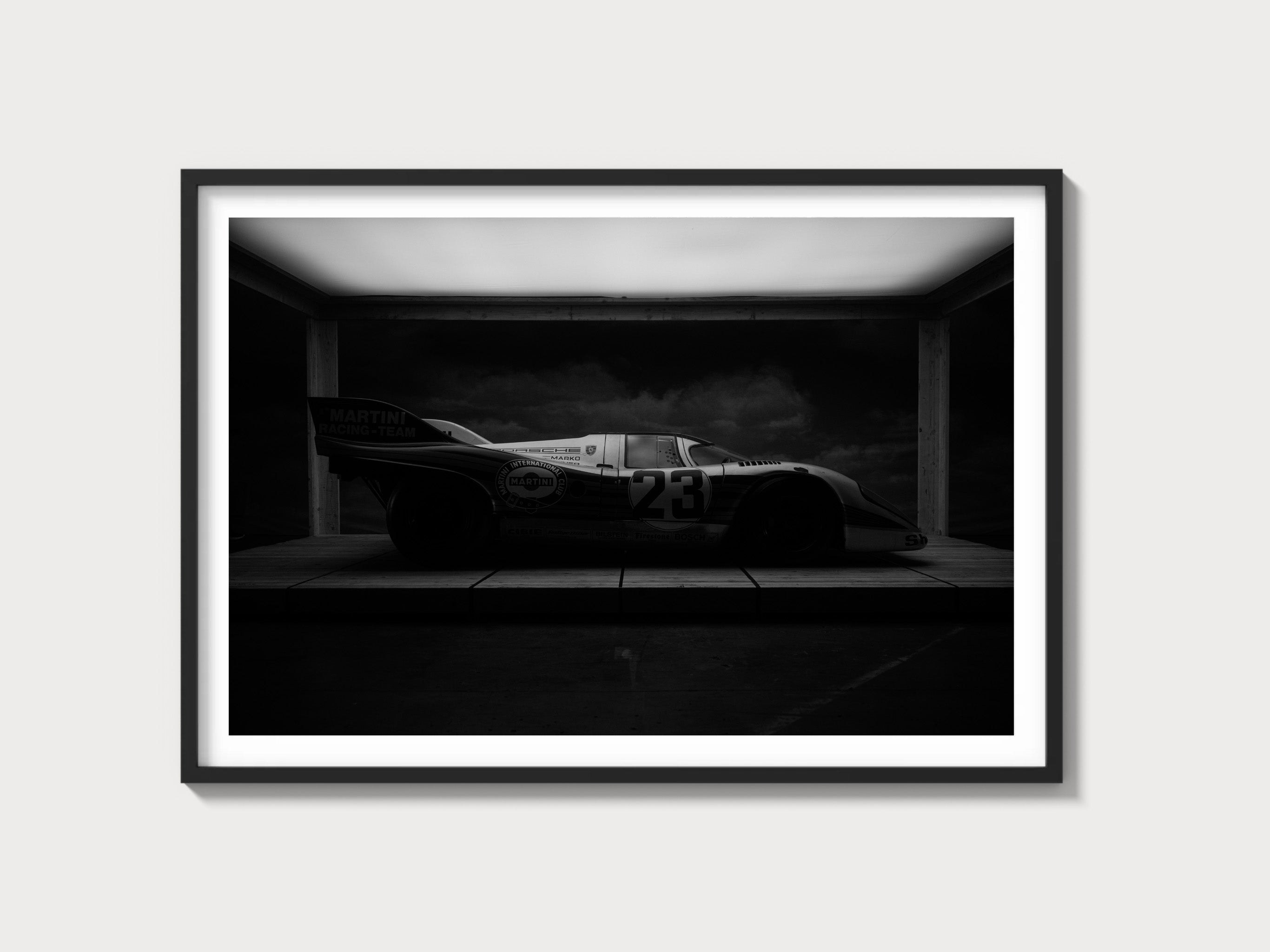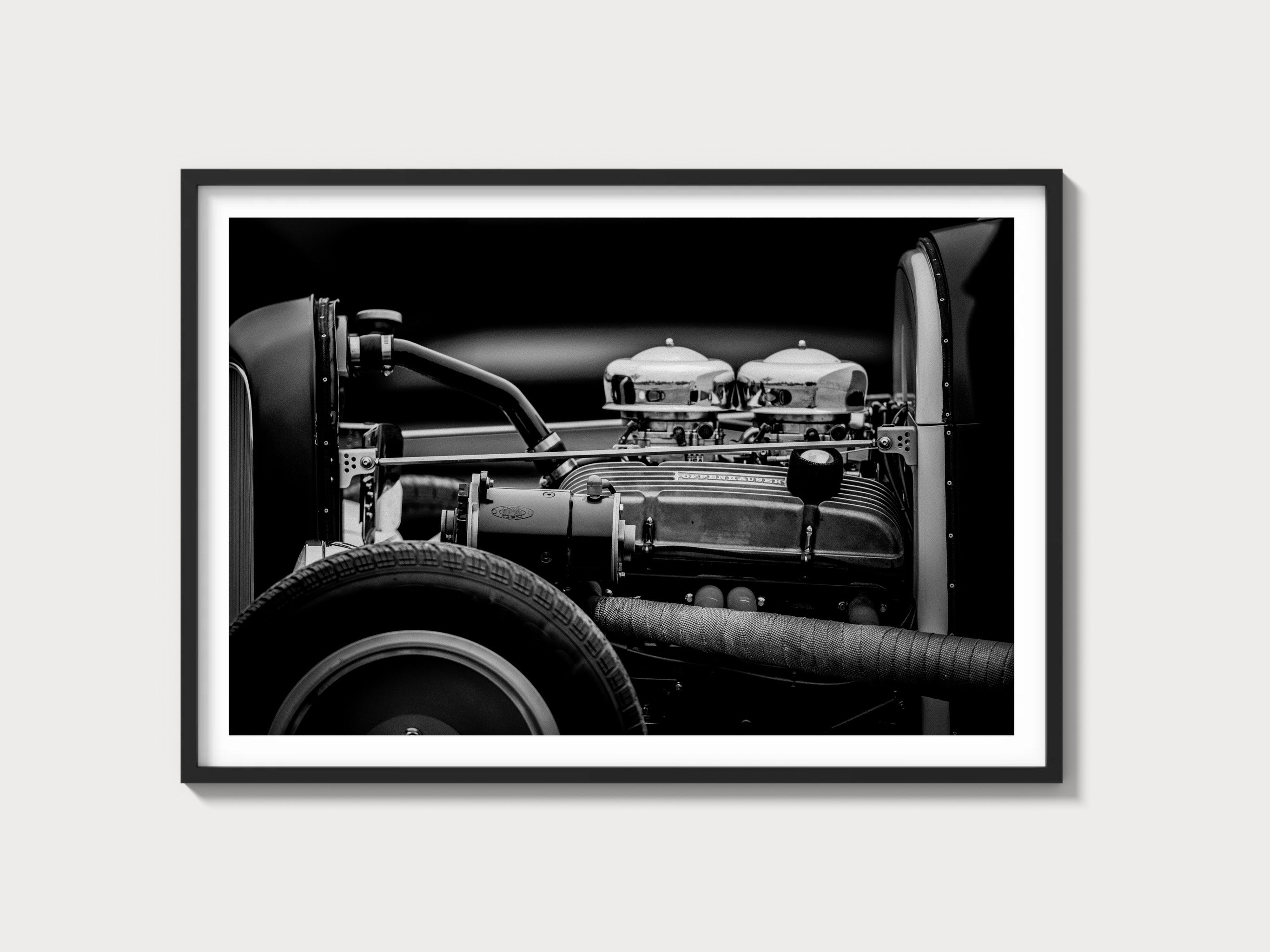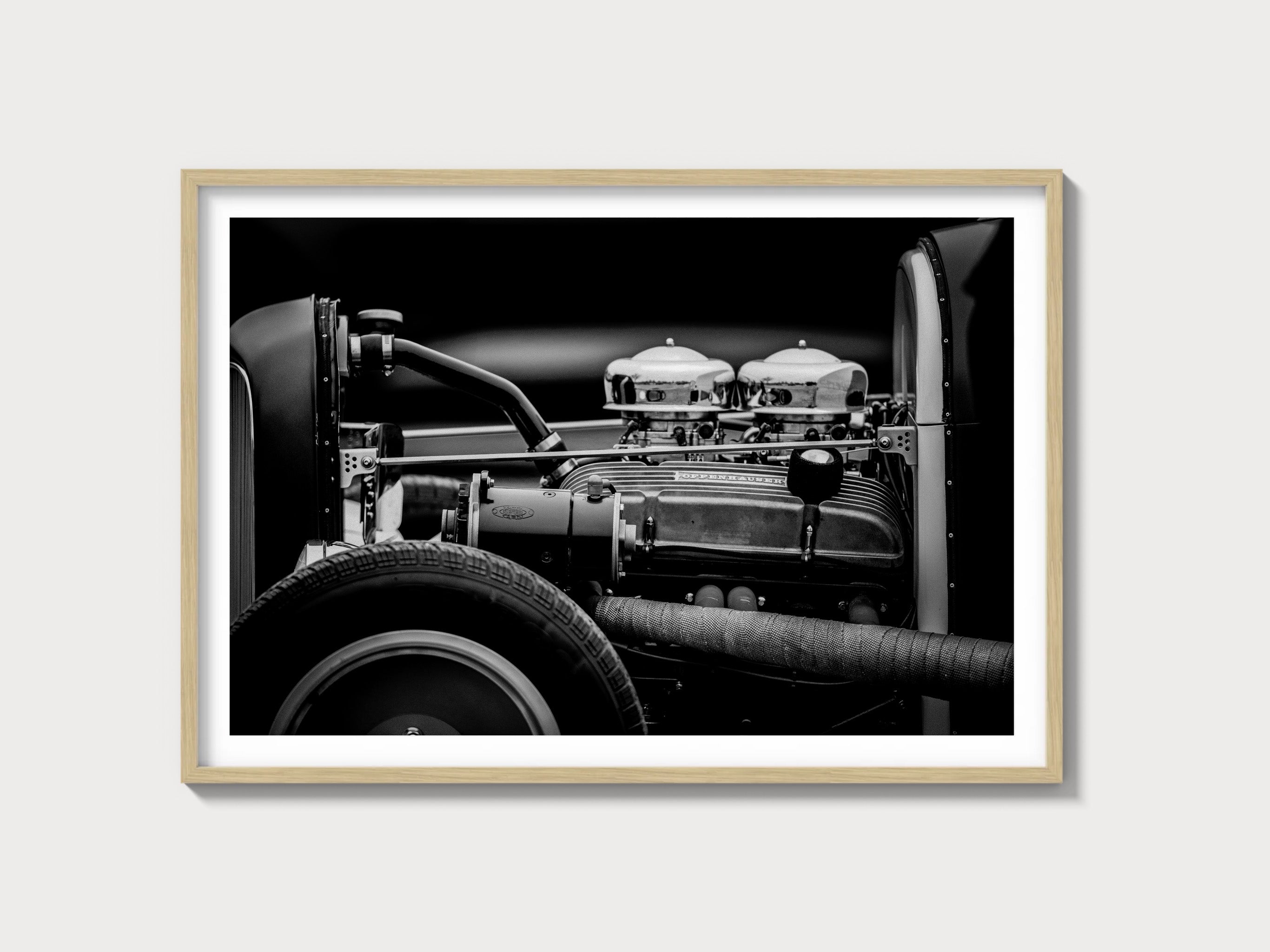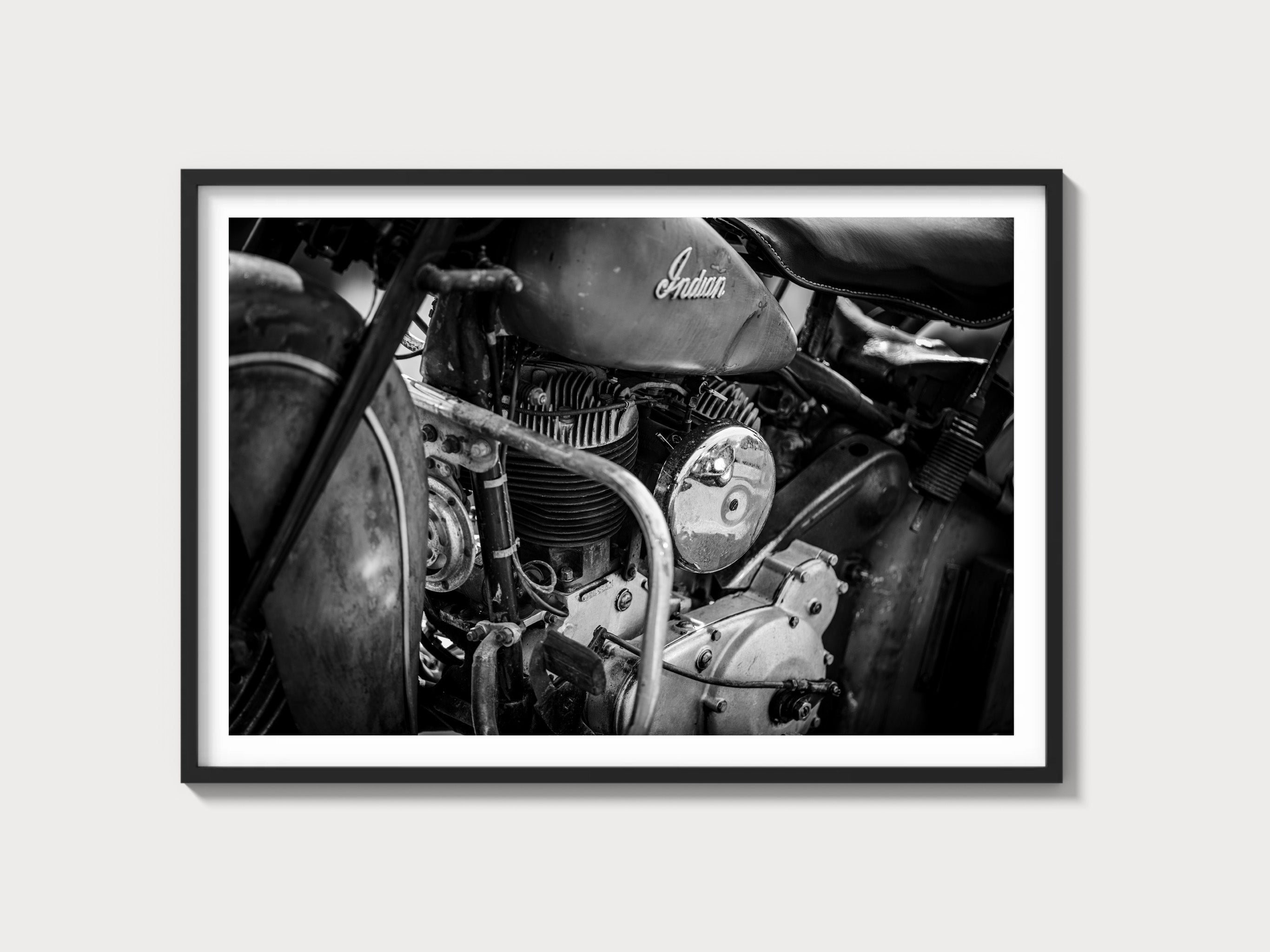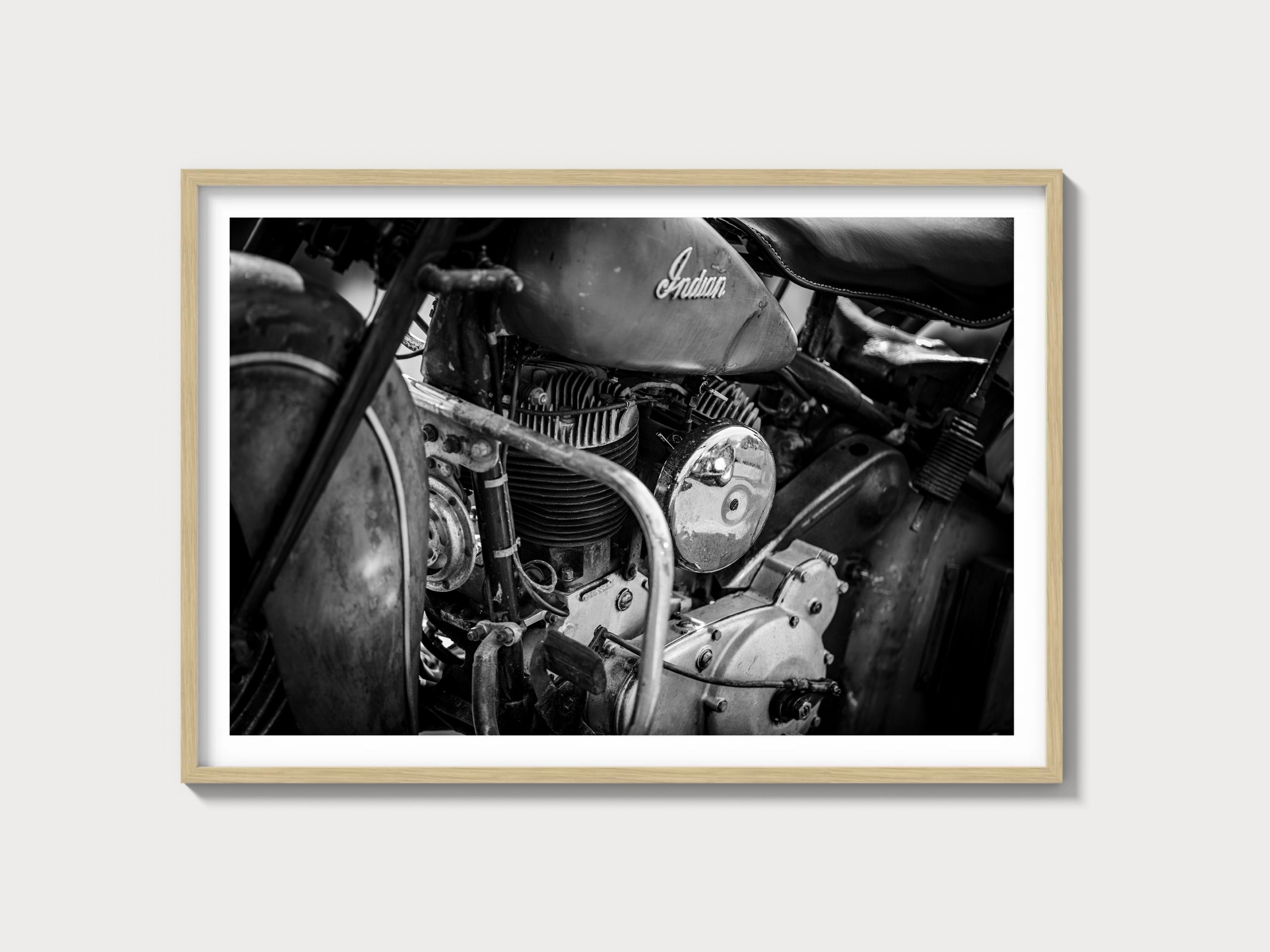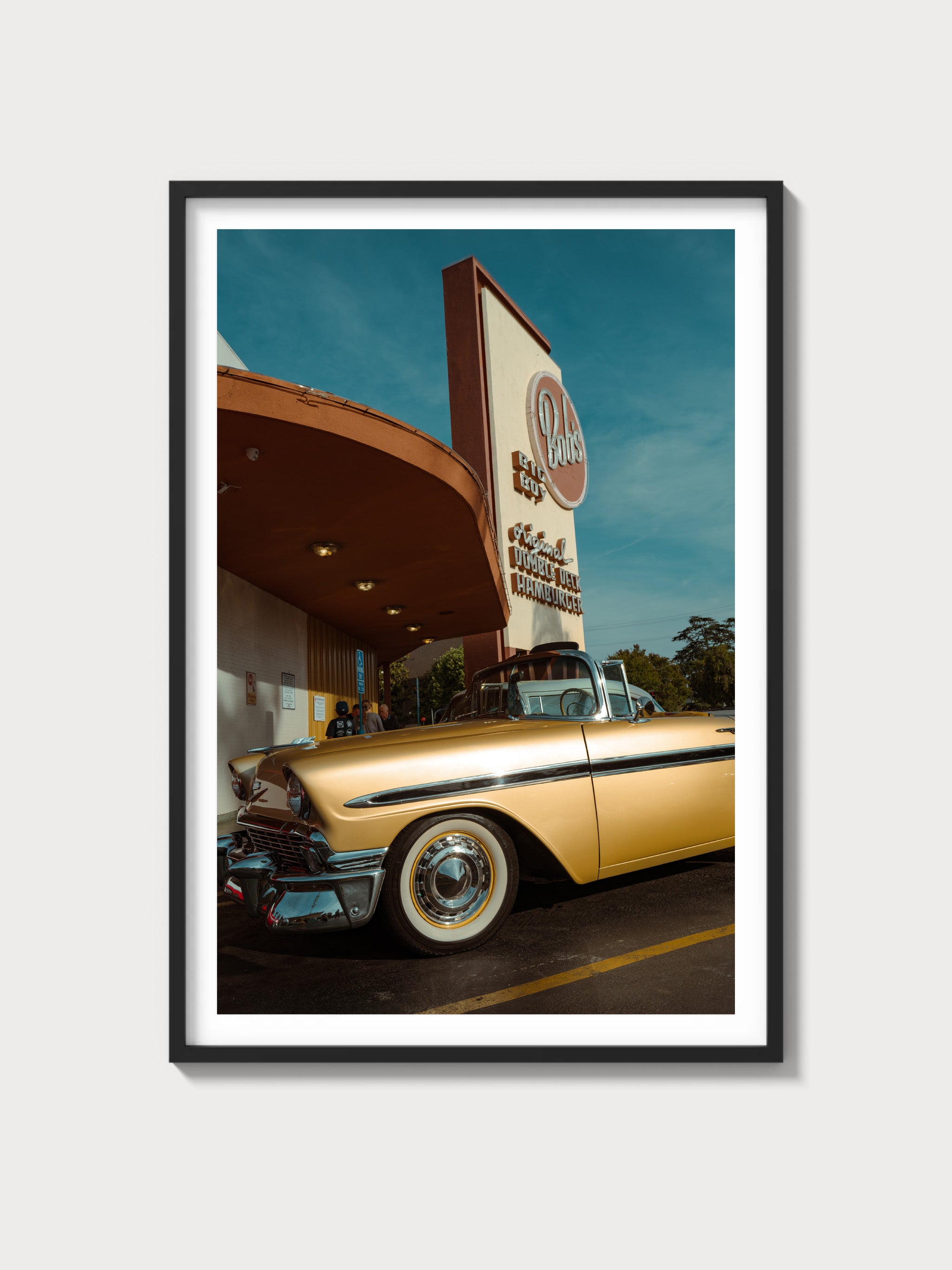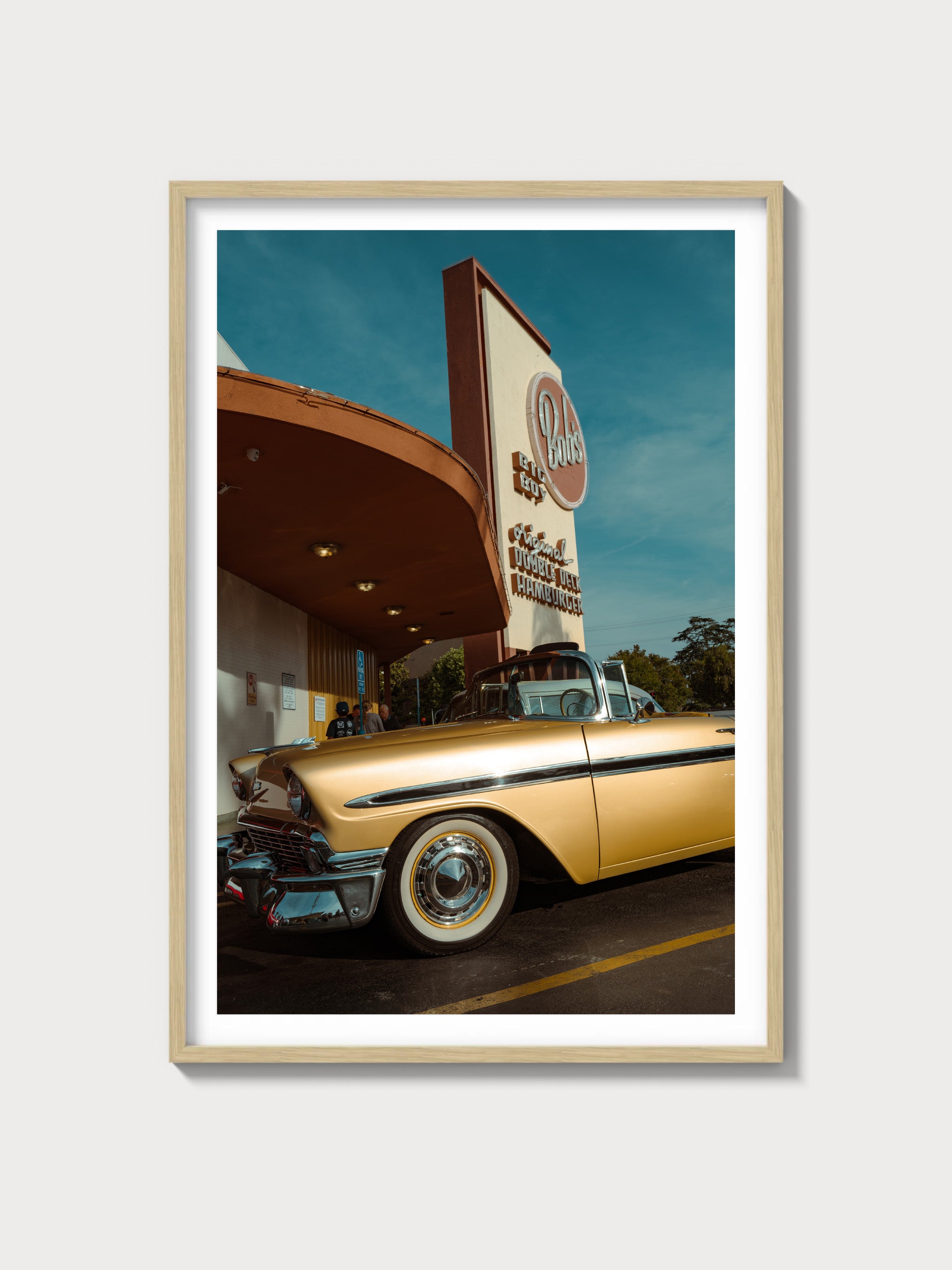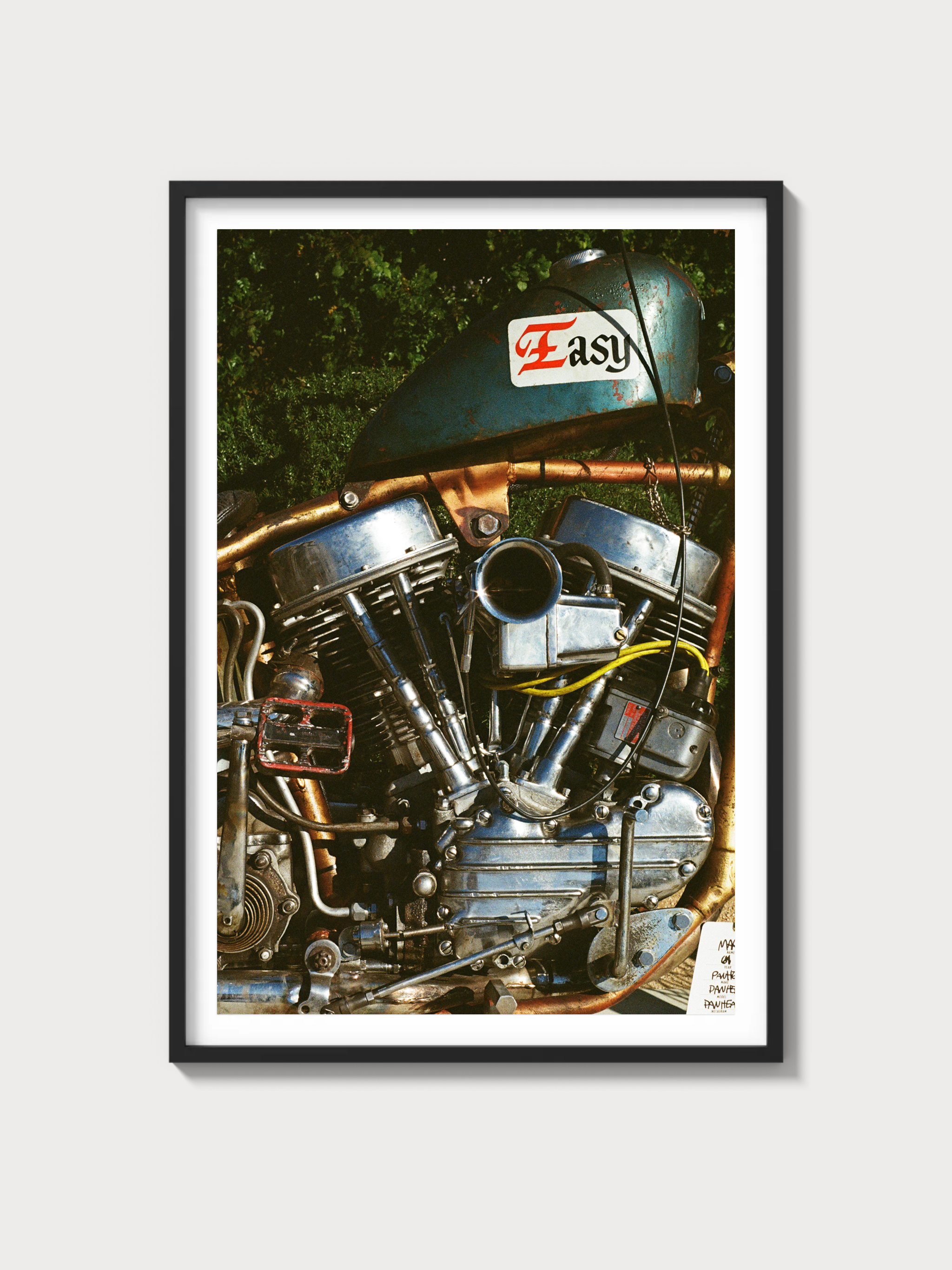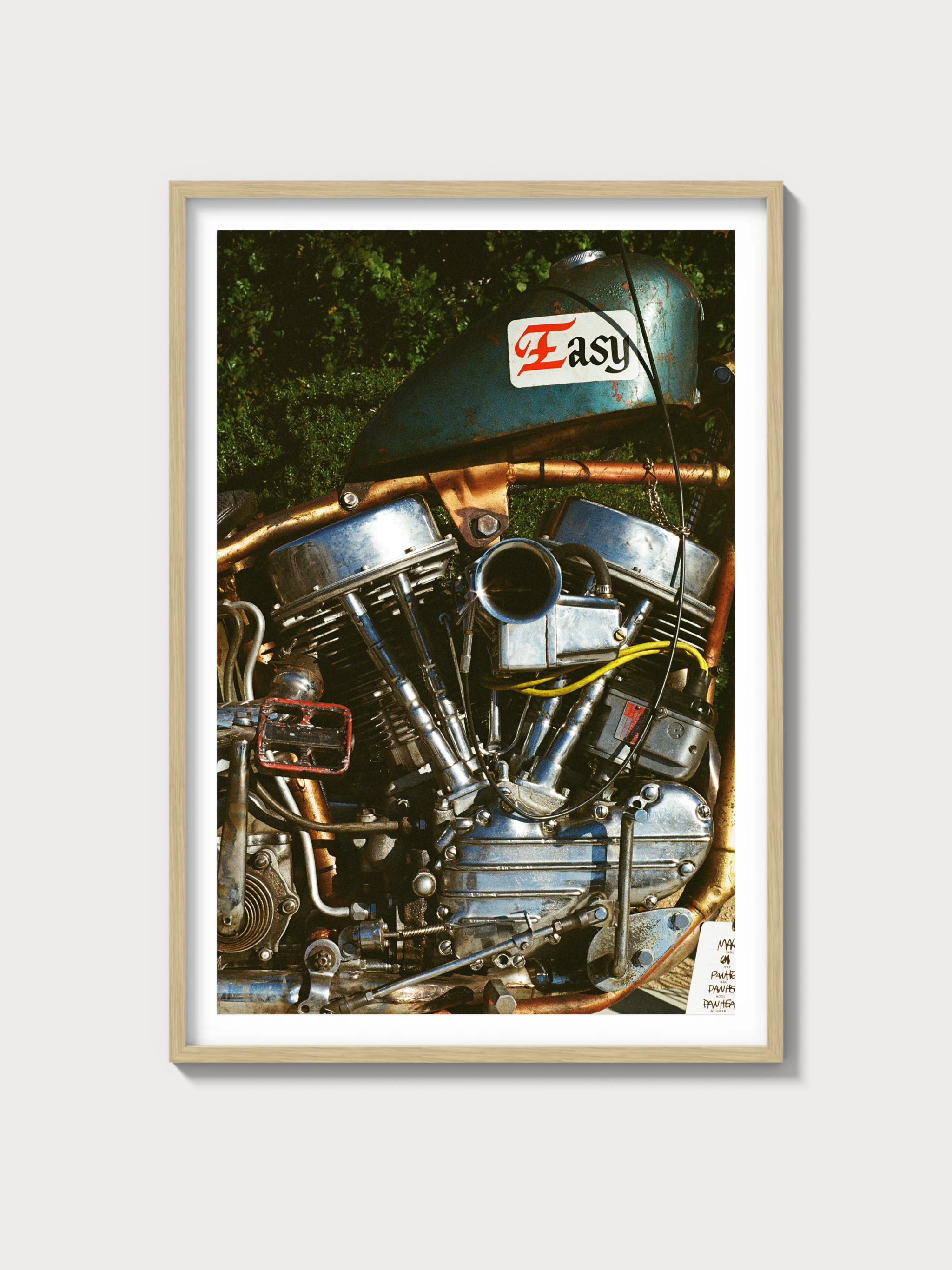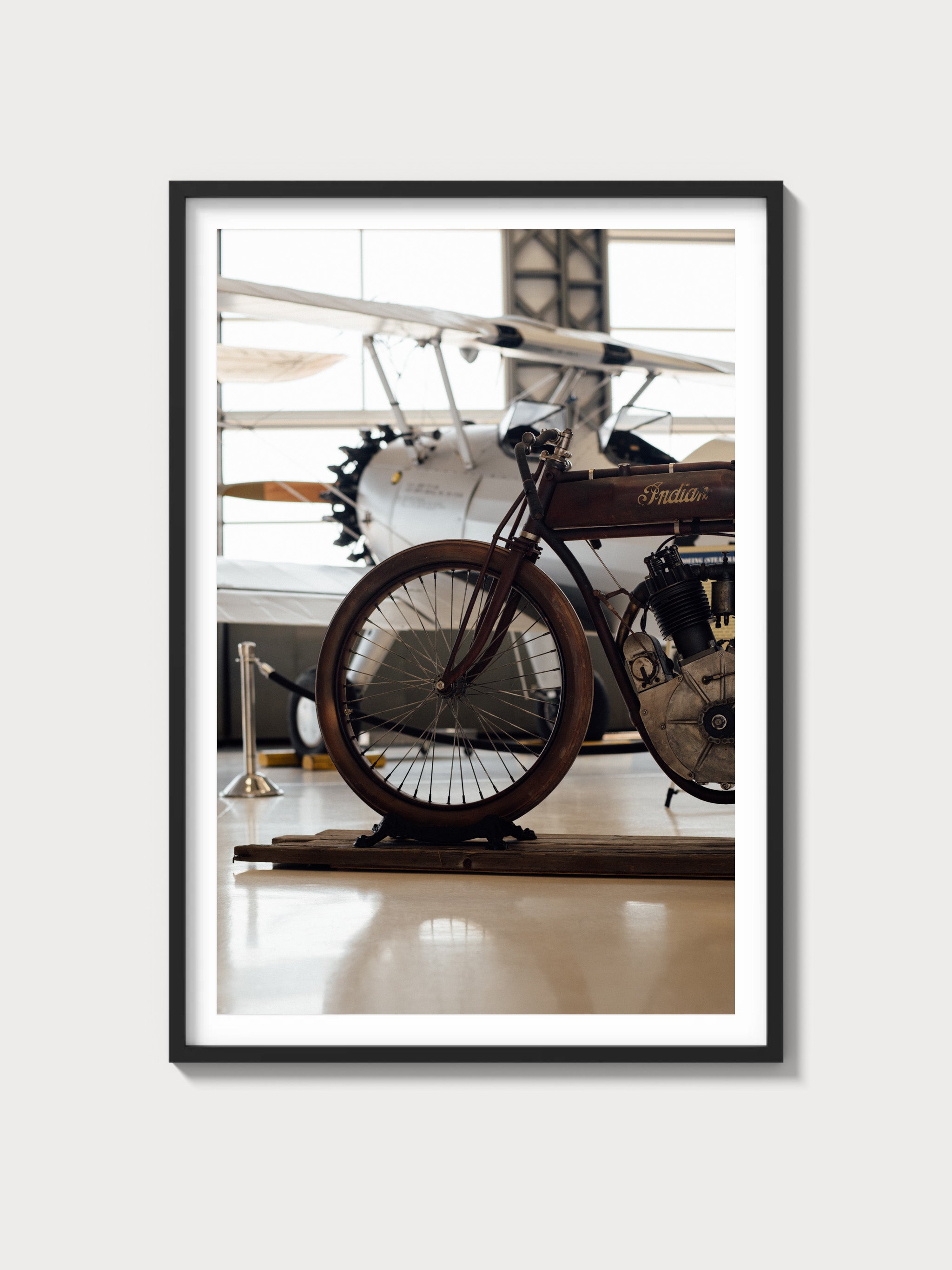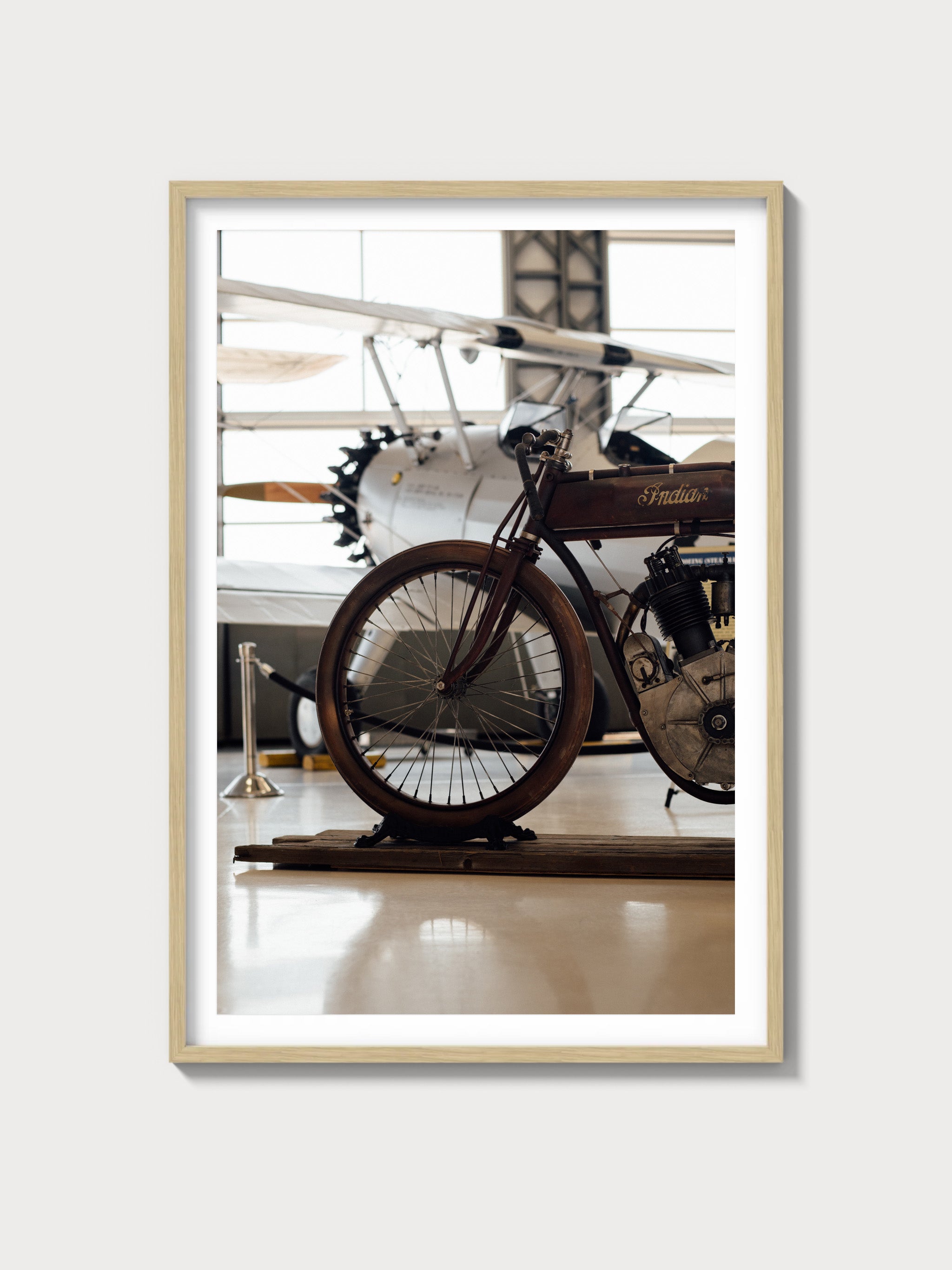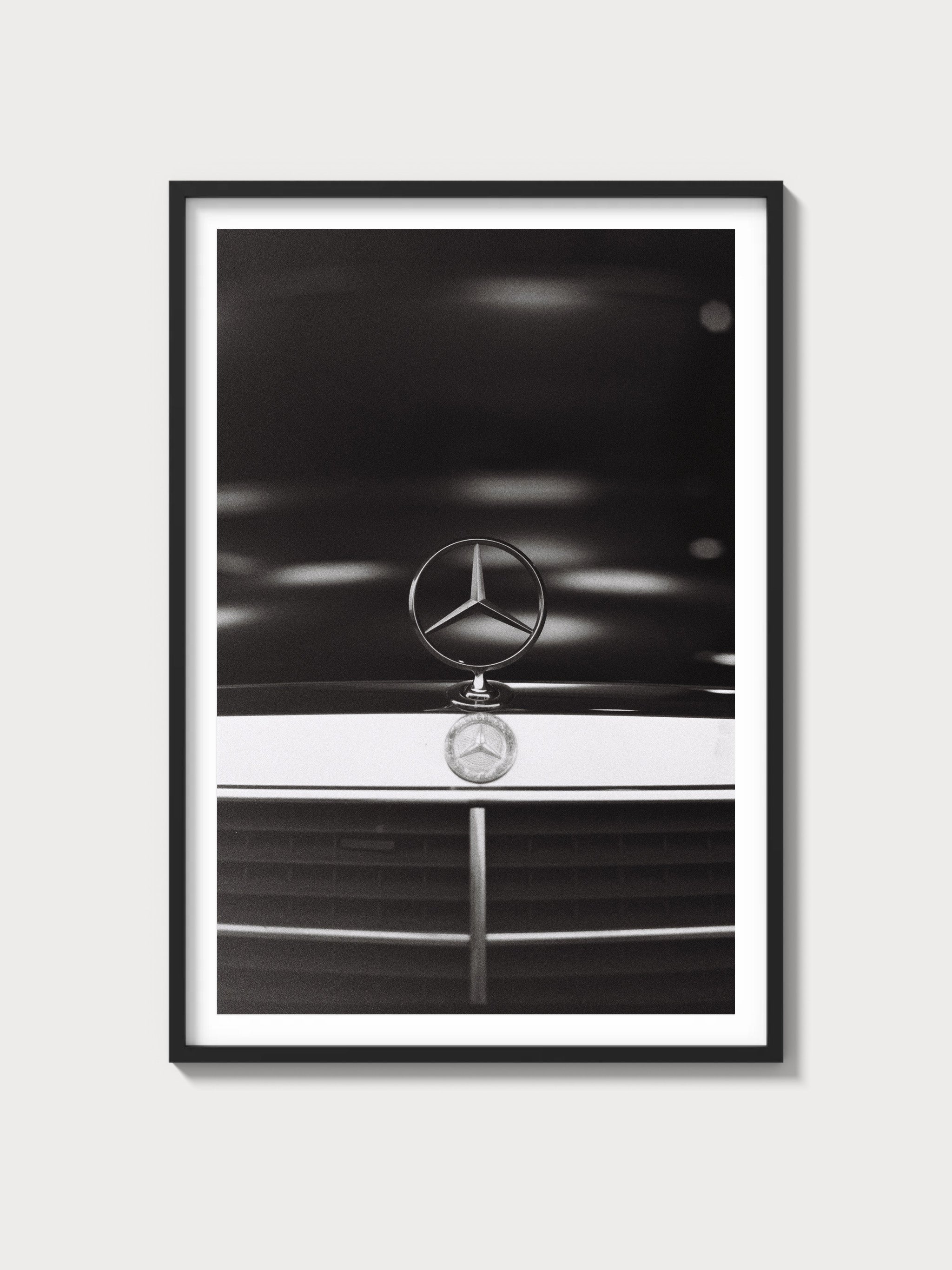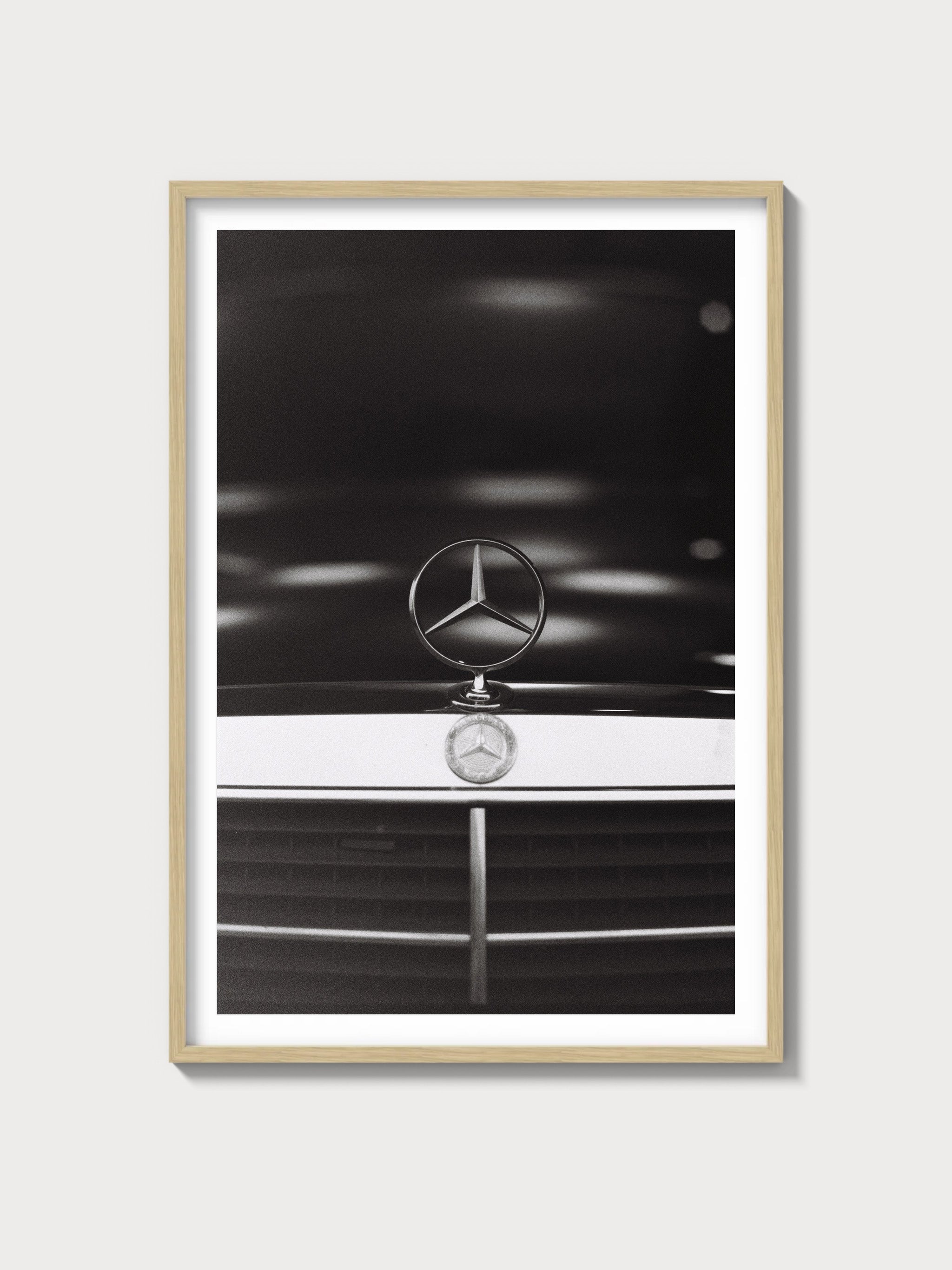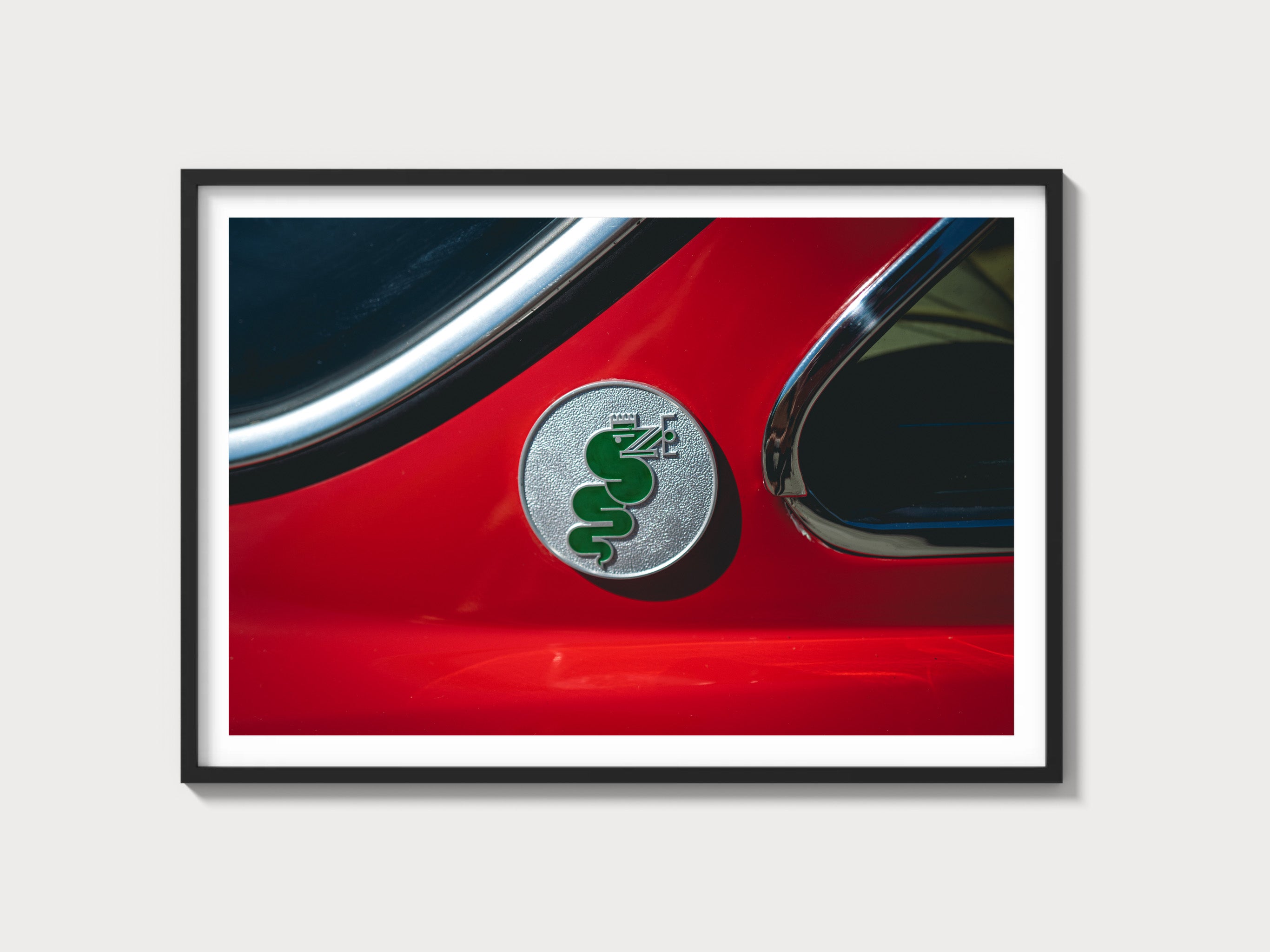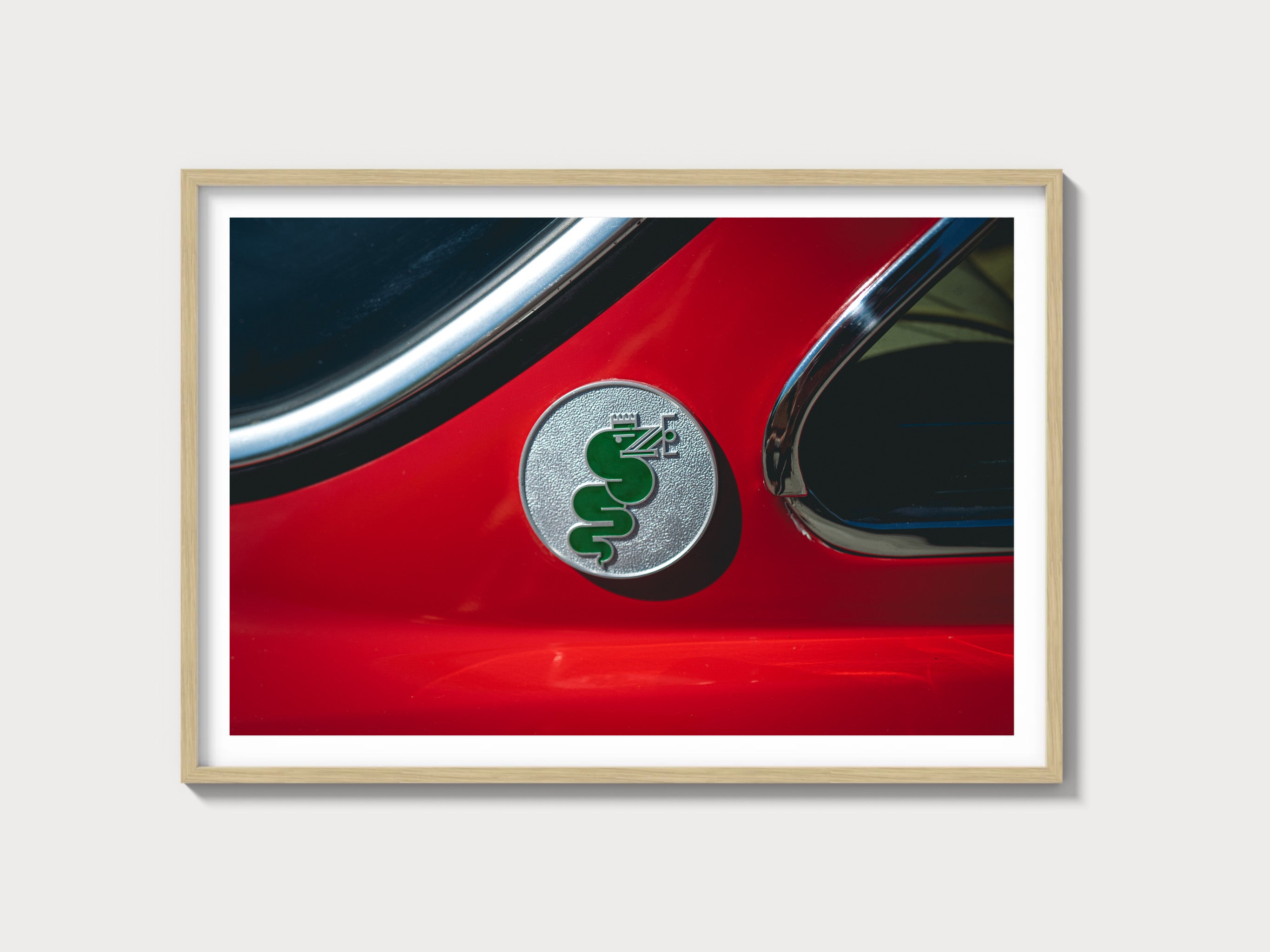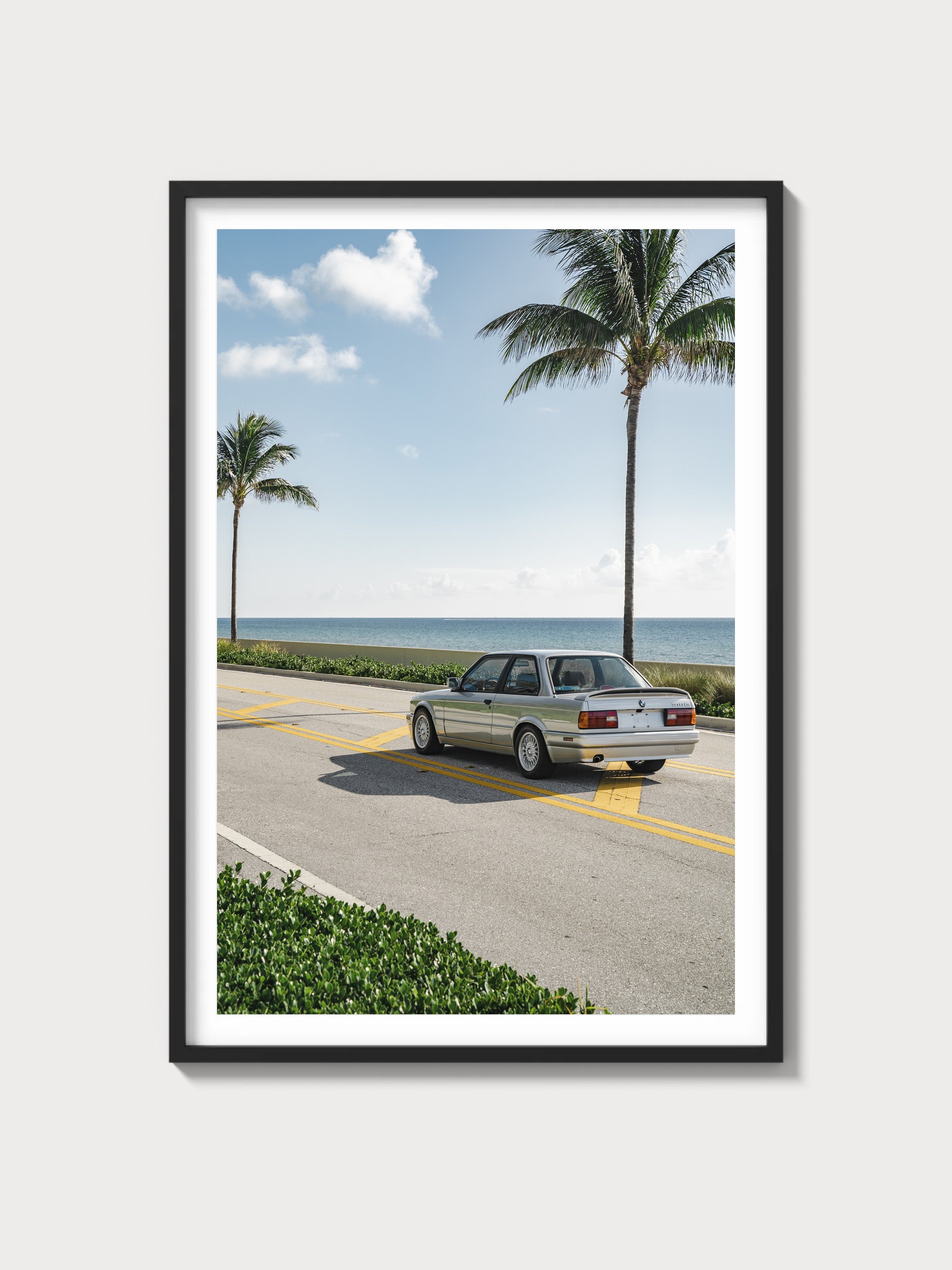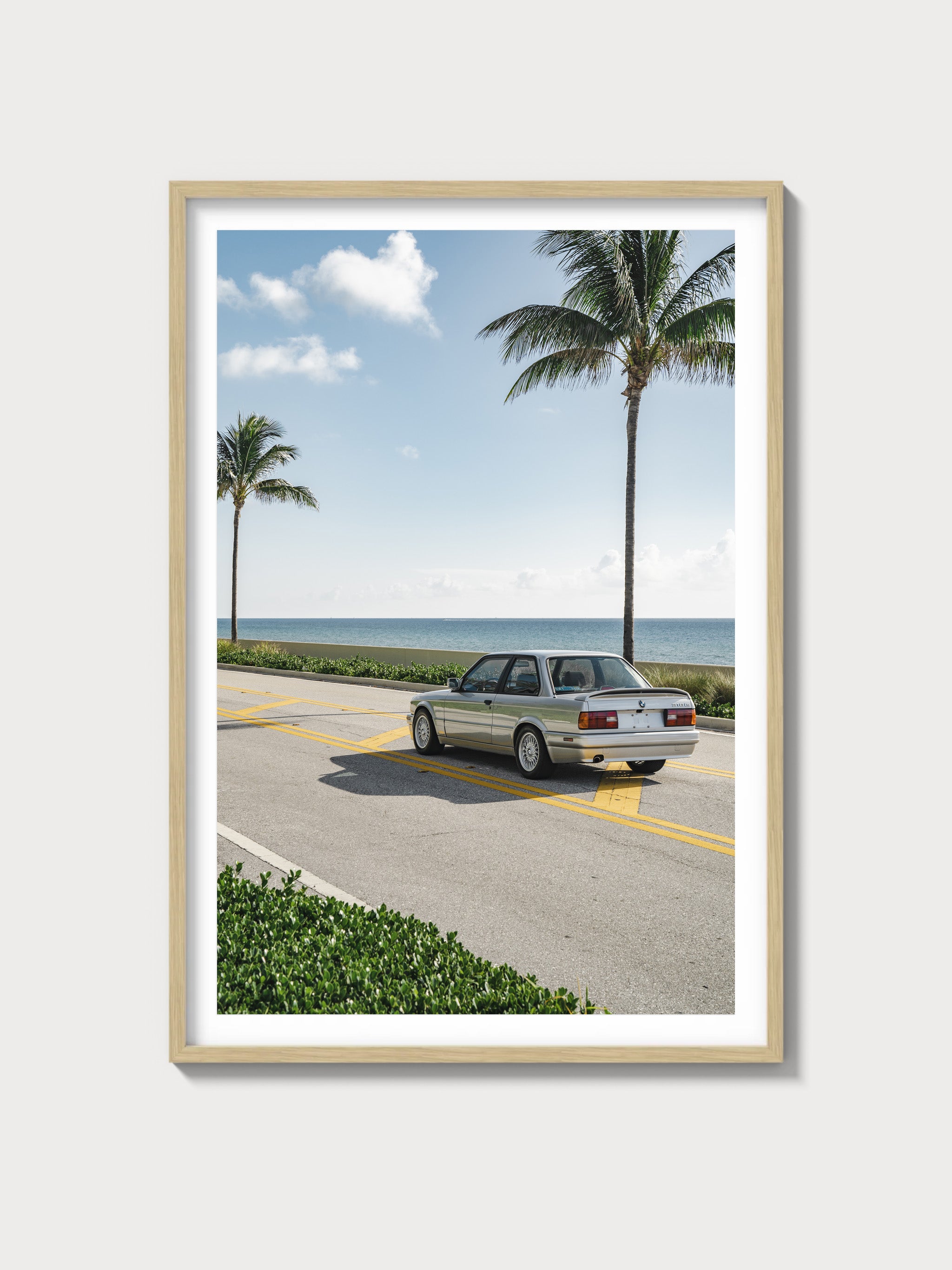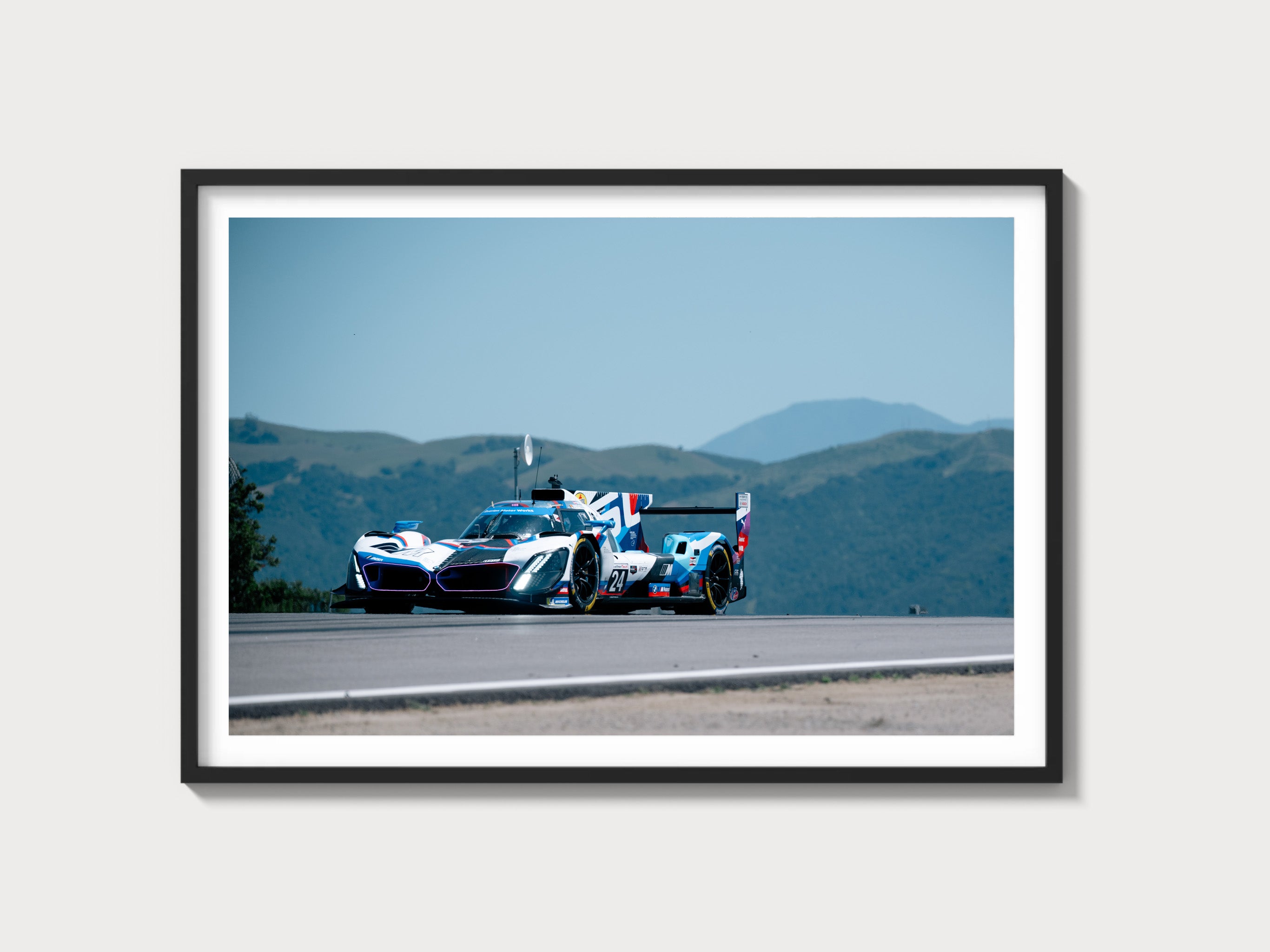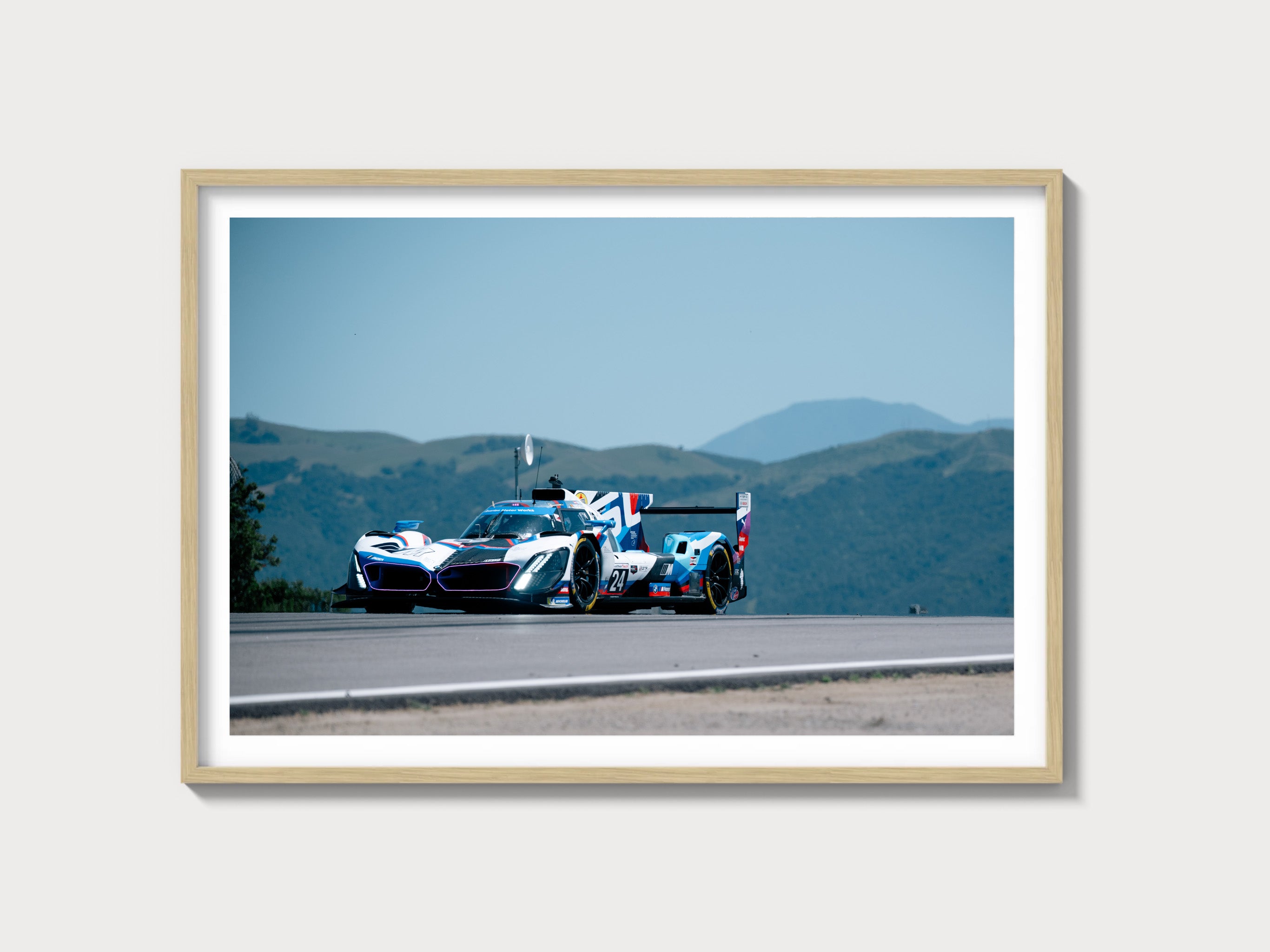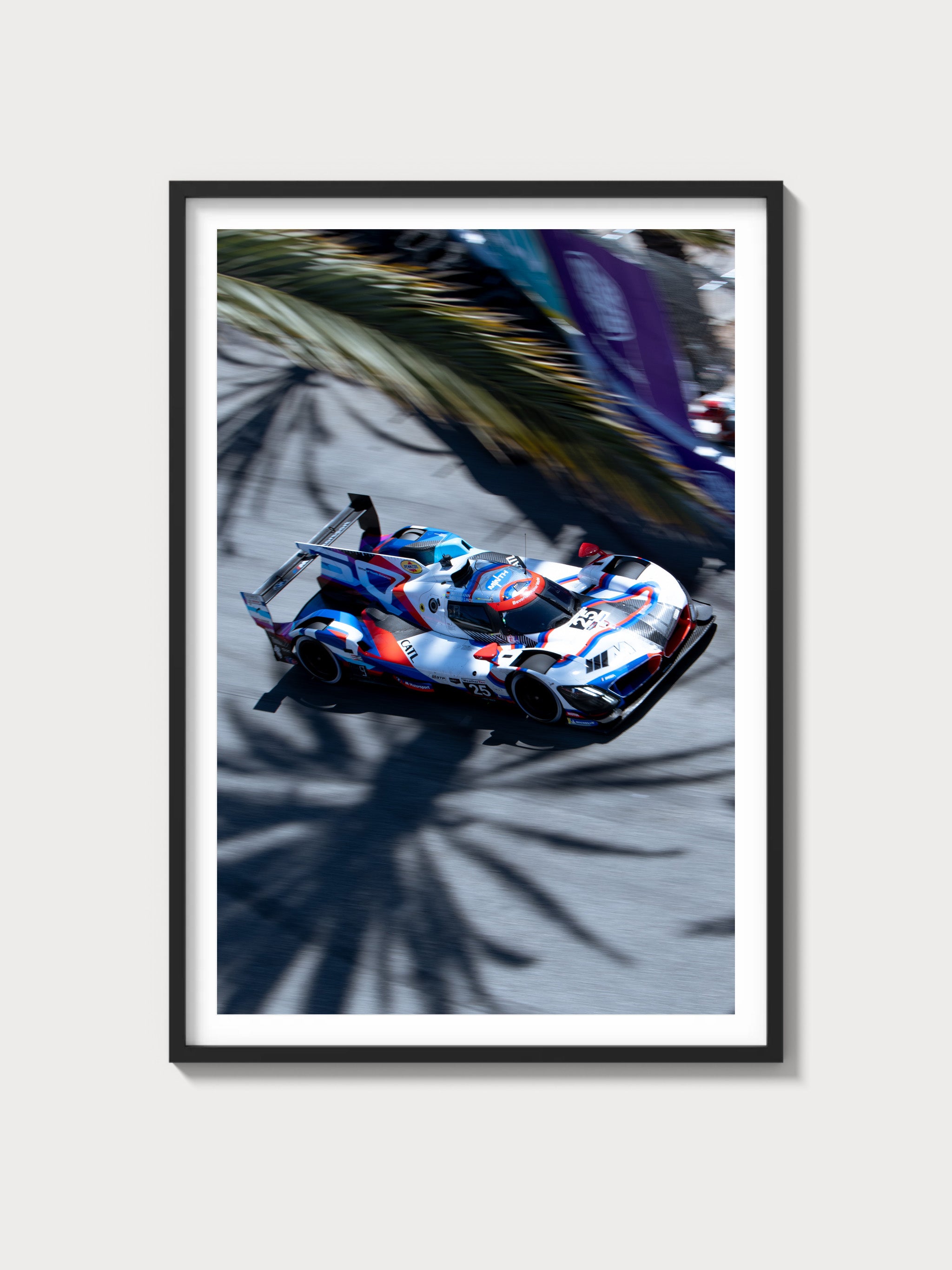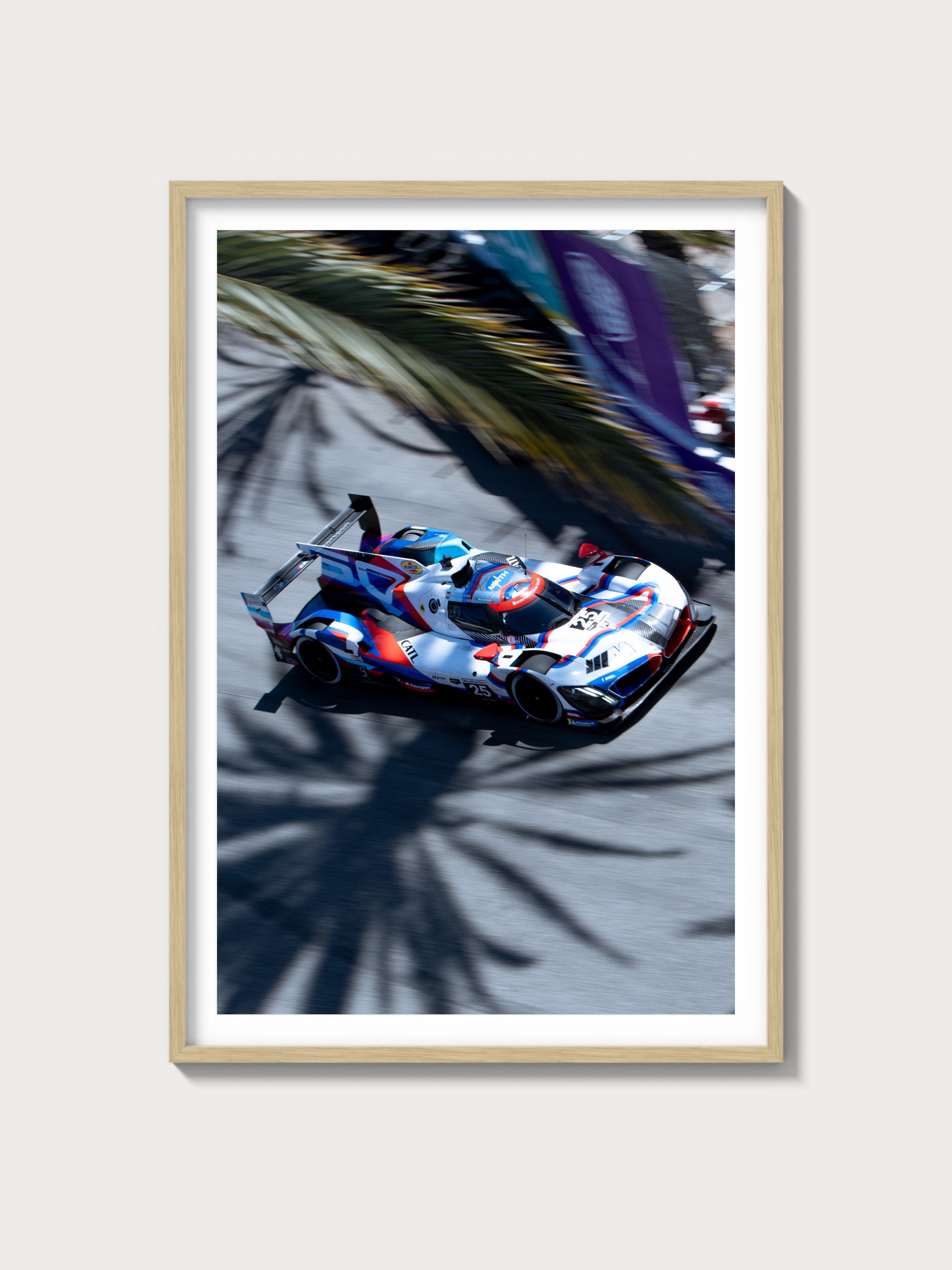1970 Chevrolet Nova Yenko Deuce: LT-1 Firepower in a Compact Shell
Historical Context: Why the Yenko Deuce Existed
Within Chevrolet’s third-generation Nova (1968–1972), the 1970 Yenko Deuce occupies a singular niche. After the 1969 COPO big-block era, the insurance climate and changing emissions landscape made factory 427s increasingly impractical for street customers. Don Yenko’s answer was elegant and subversive: take the lightweight Nova and fit Chevrolet’s highest-winding small-block of the day—the LT-1 350—along with the right driveline and visual cues. The result was the Deuce, a compact muscle car that traded cubic inches for revs and balance, with the sort of stealth that appeased insurers yet thrilled customers.
Yenko Chevrolet in Canonsburg, Pennsylvania, sourced 1970 Novas and performed the conversions with characteristic thoroughness: LT-1 power, heavy-duty cooling and driveline hardware, appropriate gearing, and a distinct livery. The cars wore Yenko Deuce side stripes, LT/1 callouts, sYc headrests, and a hood-mounted tachometer—functional jewelry for the faithful. Distribution flowed through Yenko’s dealer network, creating a national footprint for a compact that punched far above its station.
On the street and strip, the Deuce’s natural adversaries were the high-output compact V8s of the day: Plymouth’s Duster 340 and Dodge’s 340-powered A-bodies. Within Chevrolet’s own showrooms, it also undercut the nose-heavy big-block Nova SS while offering a different flavor of speed—one built on throttle response and revs rather than brute torque. Period grassroots racing quickly adopted the Deuce in NHRA Stock and Super Stock, where the LT-1’s durability and consistency were assets.
Engine and Technical Specification
The heart of the Deuce is Chevrolet’s LT-1 350, a solid-lifter small-block with a pedigree forged in Trans-Am and showroom performance. In 1970 trim it carried a high compression ratio, big valves, and serious induction—delivering its power with a hard mechanical edge.
| Specification | Detail |
|---|---|
| Engine configuration | 90° OHV V8, solid lifter cam |
| Displacement | 350 cu in (5.7 L) |
| Horsepower (gross) | 360 hp (period LT-1 rating) |
| Induction type | Aluminum high-rise manifold, Holley 4-bbl (780 cfm) |
| Redline | ~6,500 rpm (hood-mounted tach with high red sector) |
| Fuel system | Carbureted |
| Compression ratio | 11.0:1 (1970 LT-1) |
| Bore x stroke | 4.00 in x 3.48 in |
Driveline and Chassis Hardware
Yenko Deuce buyers typically chose between a Muncie close-ratio four-speed and the Turbo Hydra-Matic 400. The M21 four-speed’s 2.20:1 first gear suited the high-revving LT-1; both gearboxes were backed by a heavy-duty 12-bolt rear axle with Positraction. Common final drives included 3.73 and 4.10:1—short enough to keep the LT-1 squarely in its power band. Front disc brakes and a beefed-up suspension (heavy-duty springs and shocks, larger anti-roll bar) rounded the package.
Driving Experience and Handling Dynamics
Where a big-block Nova overwhelms its front tires, the Deuce feels alert and unshackled. The LT-1 is the star: a crisp idle that turns into a hard mechanical snarl beyond 4,000 rpm, clean metering from the big Holley, and throttle response that makes heel-and-toe shifts a pleasure. The solid-lifter valvetrain rewards a confident hand and regular lash checks, but the payoff is a broad, eager top-end that few period small-blocks could match.
Steering is unassisted by modern standards yet direct enough to place the car accurately on a winding two-lane. With a small-block over the nose and a relatively short wheelbase, the Nova’s balance is honest: mild understeer on turn-in, throttle-adjustable mid-corner, and an exit that depends on how much you trust your right foot. The heavy-duty suspension reduces float and roll without punishing ride quality, particularly when paired with period-correct F70-14 bias-ply tires. The M21’s gate is tight, the clutch is stout, and the 4.10 axle transforms every on-ramp into a short, loud celebration of the LT-1’s upper registers. Automatics are calmer in traffic but still urgent when the secondaries open.
Performance and Dimensions
Period testing of LT-1–powered Chevrolets provides a reliable proxy for the Deuce. With similar curb weights and gearing, the Nova LT-1 delivers the sort of acceleration and trap speeds enthusiasts expect from a hot small-block of 1970.
| Metric | Figure |
|---|---|
| 0–60 mph (period LT-1 benchmark) | ~6.0–6.5 seconds (gearing and tire dependent) |
| Quarter-mile (period LT-1 benchmark) | Low-to-mid 14s @ ~98–102 mph |
| Top speed | ~130 mph (tall gearing); lower with 4.10 axle |
| Curb weight | ~3,200–3,300 lb (typical Nova LT-1 configuration) |
| Layout | Front-engine, rear-wheel drive |
| Brakes | Power front discs, rear drums |
| Front suspension | Short/long arm (double wishbone), coil springs, anti-roll bar |
| Rear suspension | Live axle, semi-elliptic leaf springs |
| Gearbox | Muncie M21 4-speed or TH400 3-speed automatic; 12-bolt Positraction |
Variants and Production
The Yenko Deuce was a single-year, dealer-built Nova derivative with a concise build run and a handful of driveline and appearance permutations.
| Variant | Production | Key differences |
|---|---|---|
| Yenko Deuce (program total) | 175 units (1970) | LT-1 350 V8; Yenko Deuce striping and badging; hood-mounted tach; sYc headrests; heavy-duty cooling and driveline; Positraction 12-bolt |
| Yenko Deuce — Muncie 4-speed | Included within 175 (not separately published) | M21 close-ratio 4-speed; typically 3.73 or 4.10 final drive; clutch pedal cars are most associated with the Deuce’s high-rpm character |
| Yenko Deuce — TH400 automatic | Included within 175 (not separately published) | Turbo Hydra-Matic 400; same LT-1 engine; strong performance with greater street manners |
Cars were ordered in various 1970 Chevrolet colors and trim combinations. The Yenko-specific graphics and interior embroidery are central to authenticity.
Ownership Notes: What Enthusiasts Should Know
- Engine and tuning: The LT-1’s solid-lifter camshaft requires periodic valve lash checks and adjustments. Proper ignition timing and premium fuel are important given the high compression ratio.
- Parts availability: Small-block Chevy mechanical parts are widely available. Yenko-specific items—hood tach, stripes, emblems, and sYc headrest covers—are scarce and highly scrutinized by the community.
- Driveline: The 12-bolt rear and Muncie gearboxes are robust. Gearing (3.73 vs. 4.10) affects drivability; short gears are exhilarating but busy on the highway.
- Restoration: Documentation is everything. Original invoices, dealer paperwork from the Yenko network, and period casting/stamping consistency carry significant weight with inspectors and judges.
- Service rhythm: Frequent fluid changes, periodic valve lash setting, and meticulous carburetor tuning keep the LT-1 happy. Attention to fuel quality and conservative ignition advance mitigate detonation risks.
Cultural Relevance and Market Perspective
The Deuce embodies a pivotal market moment when muscle moved from pure displacement toward power density and balance. It was an enthusiast’s answer to insurance headwinds—less overt than a big-block but arguably more nuanced to drive. Period magazines and later classic car titles have given the Deuce enduring coverage, cementing its status as one of the most interesting Novas of the era.
Collector desirability is strong. Authentic, documented examples command a premium over standard Novas and many contemporary small-block compacts. Public sales at major U.S. auction houses have placed the Deuce comfortably into six-figure territory, with especially original or low-mileage cars exceeding the two-hundred-thousand-dollar mark. As always with boutique, dealer-built cars, provenance is determinant.
Frequently Asked Questions
How many 1970 Yenko Deuces were made?
175 cars were built for the 1970 model year.
What engine is in the Yenko Deuce?
The 1970 Yenko Deuce uses Chevrolet’s LT-1 350 cu in (5.7L) small-block V8 with a solid-lifter camshaft, high-compression pistons, aluminum high-rise intake, and a Holley four-barrel carburetor.
How quick is it compared with period rivals?
Using period LT-1 benchmarks, expect roughly 0–60 mph in the 6-second range and quarter-mile passes in the low-to-mid 14s—squarely competitive with Plymouth’s Duster 340 and other small-block compacts of the day.
What transmissions were offered?
Muncie M21 close-ratio 4-speed manual or Turbo Hydra-Matic 400 automatic, both typically paired with a Positraction 12-bolt rear axle.
Any known mechanical weak points?
Notable considerations include the need for regular valve lash adjustment on the solid-lifter valvetrain, careful ignition timing to avoid detonation with high compression, and routine attention to the Holley carburetor’s tuning. The core LT-1 bottom end and 12-bolt rear are robust when maintained.
What documentation should buyers look for?
Yenko dealer paperwork, conversion documentation, original drivetrain components, and period-correct Yenko hardware. The community is vigilant about clones and reproduction parts, so provenance materially affects value.
Are service parts hard to find?
Mechanical small-block components are plentiful. Authentic Yenko-specific appearance parts are limited and command strong prices.
Conclusion
The 1970 Chevrolet Nova Yenko Deuce is among the purest expressions of compact American muscle: an LT-1 small-block in a lightweight shell, backed by stout hardware and a dealer’s racing sensibility. It is quick, involving, and historically significant—one of the rare muscle cars that rewards both the spreadsheet and the synapses.

